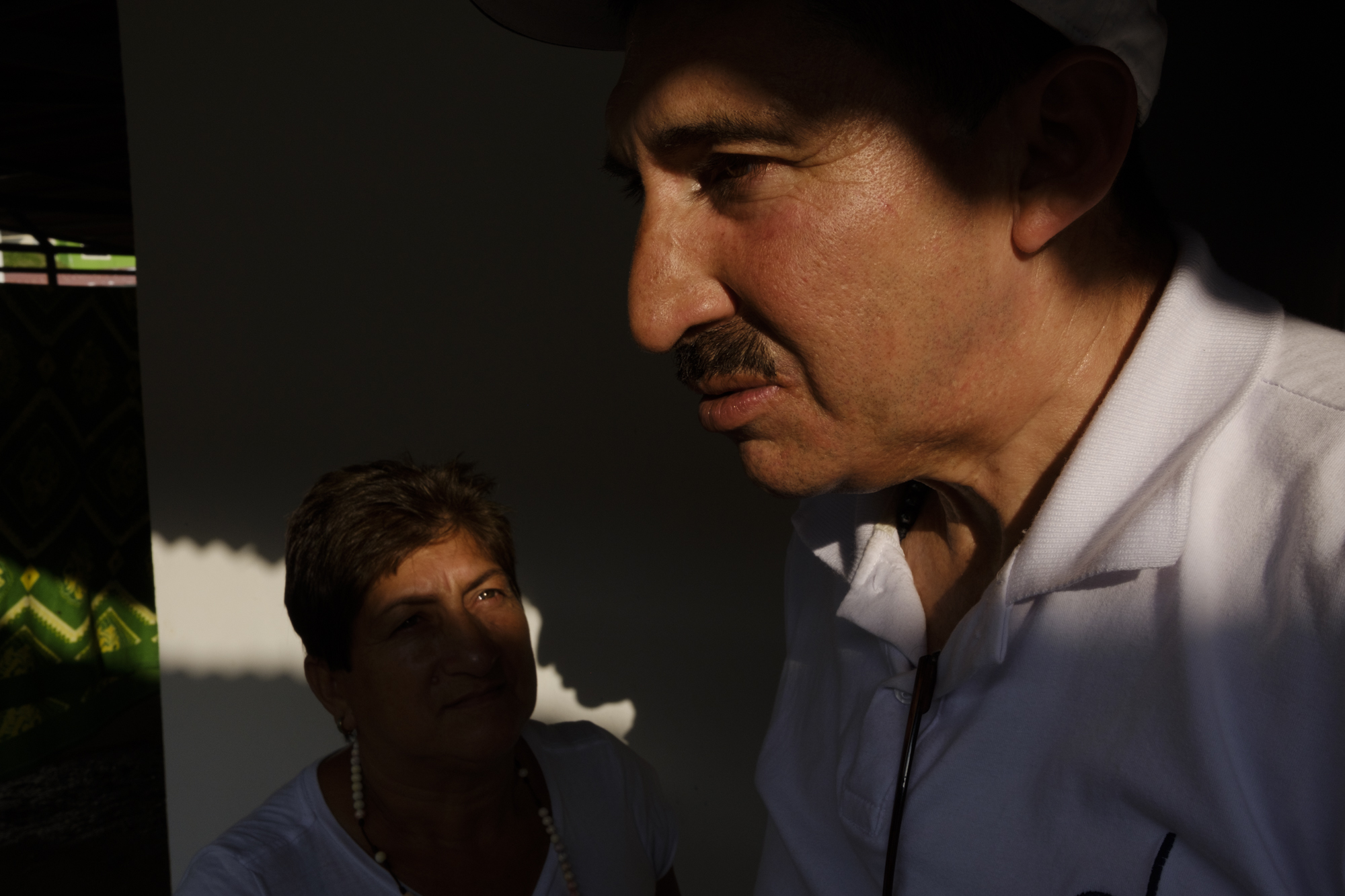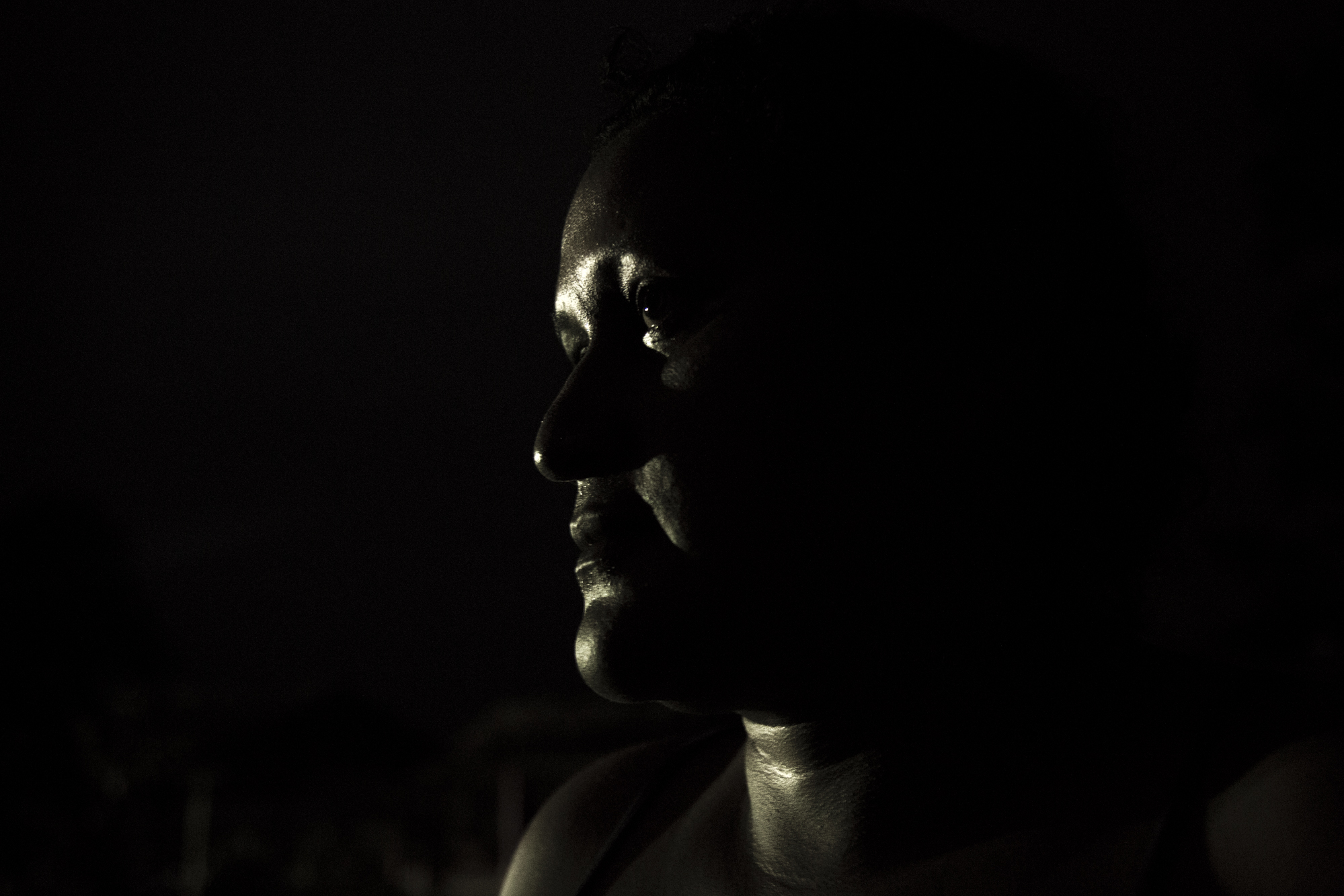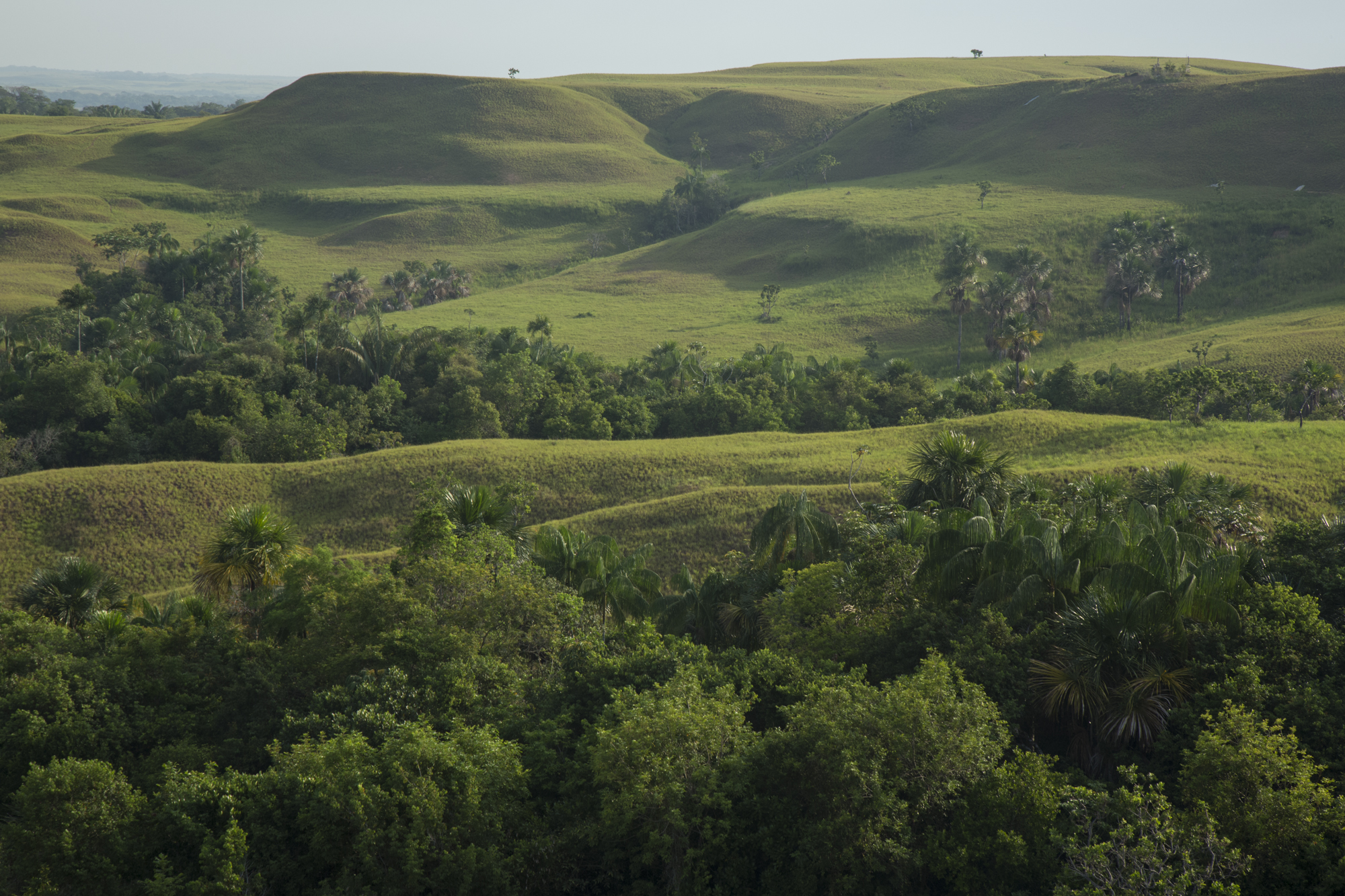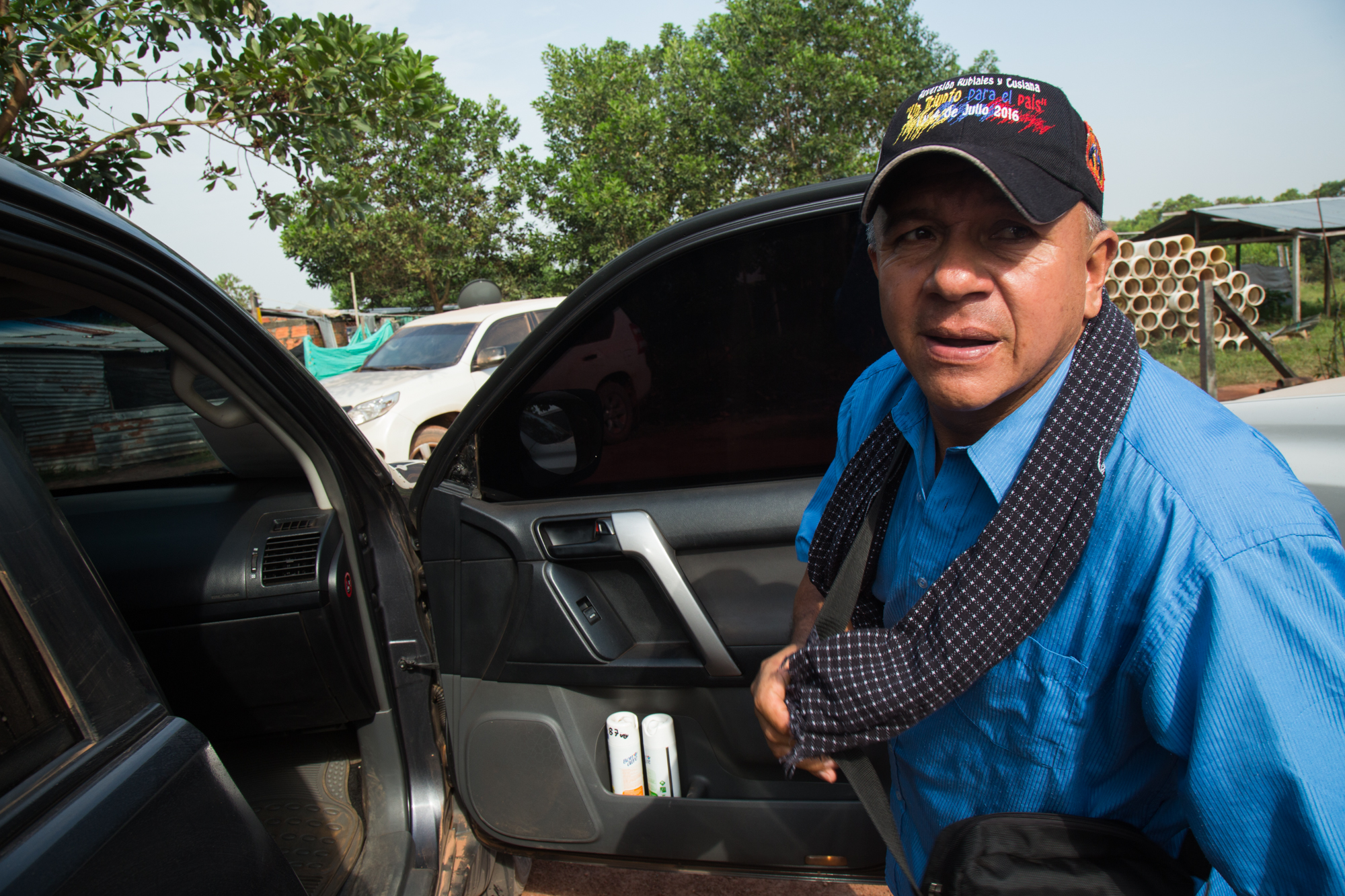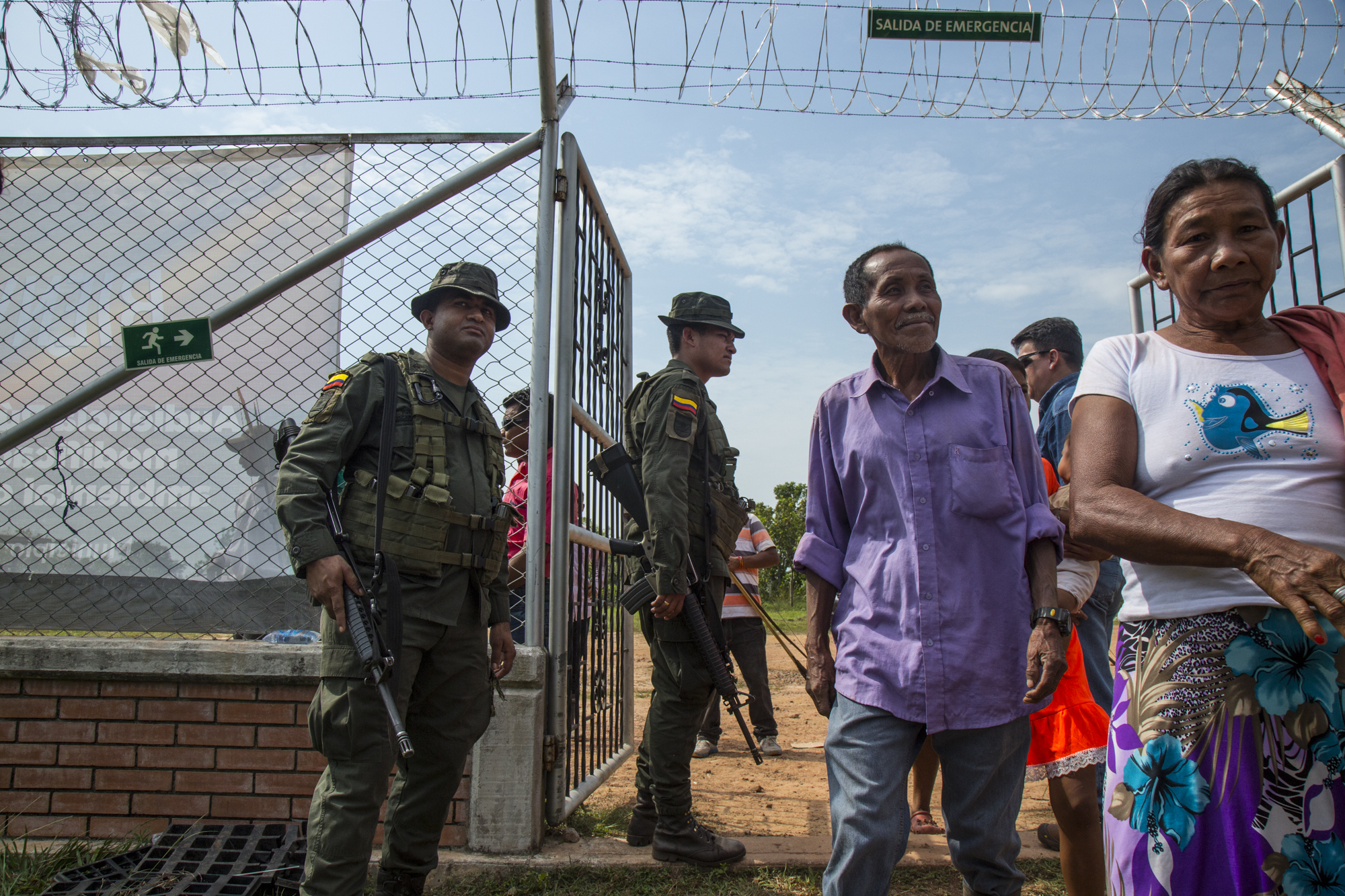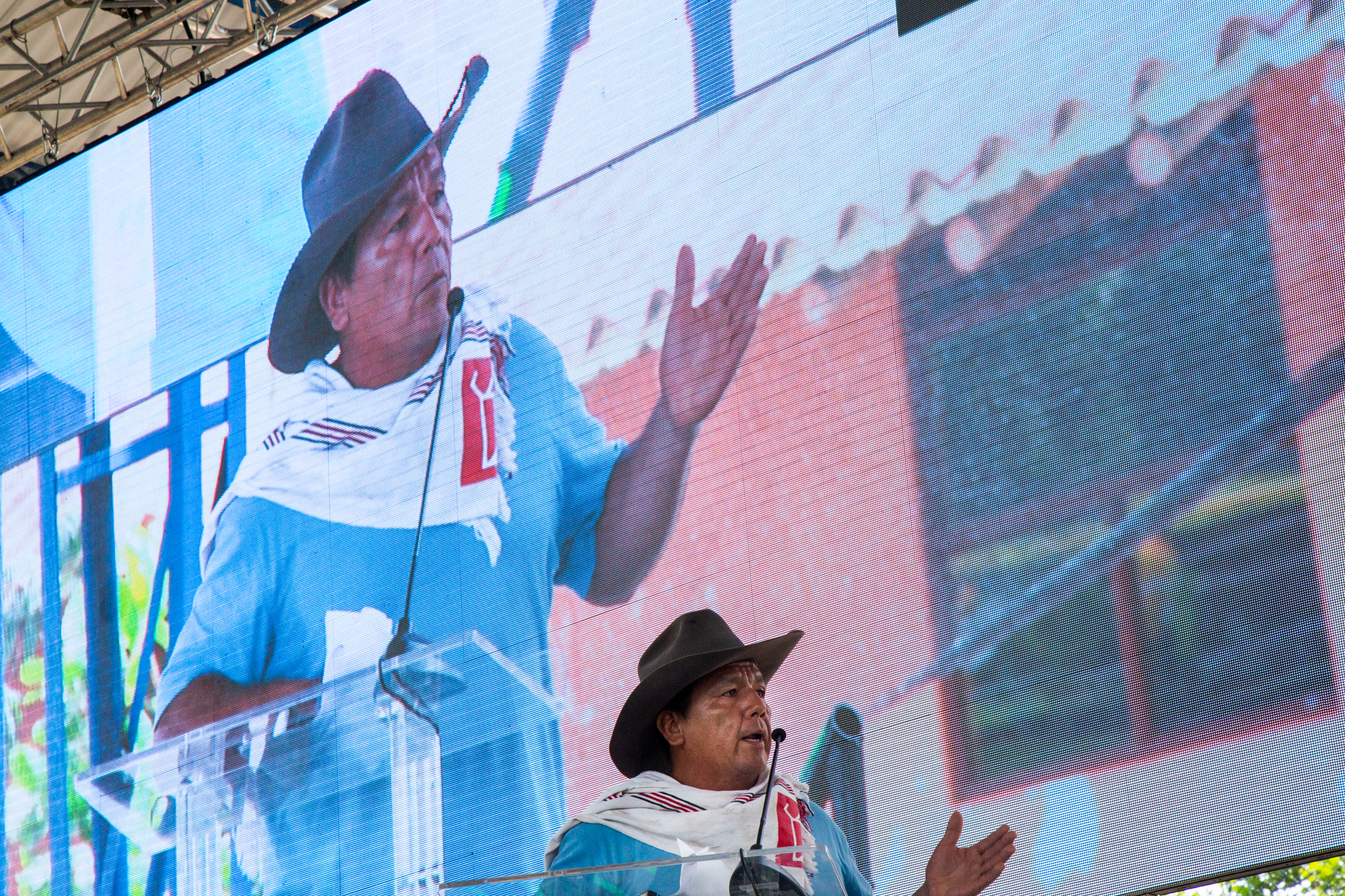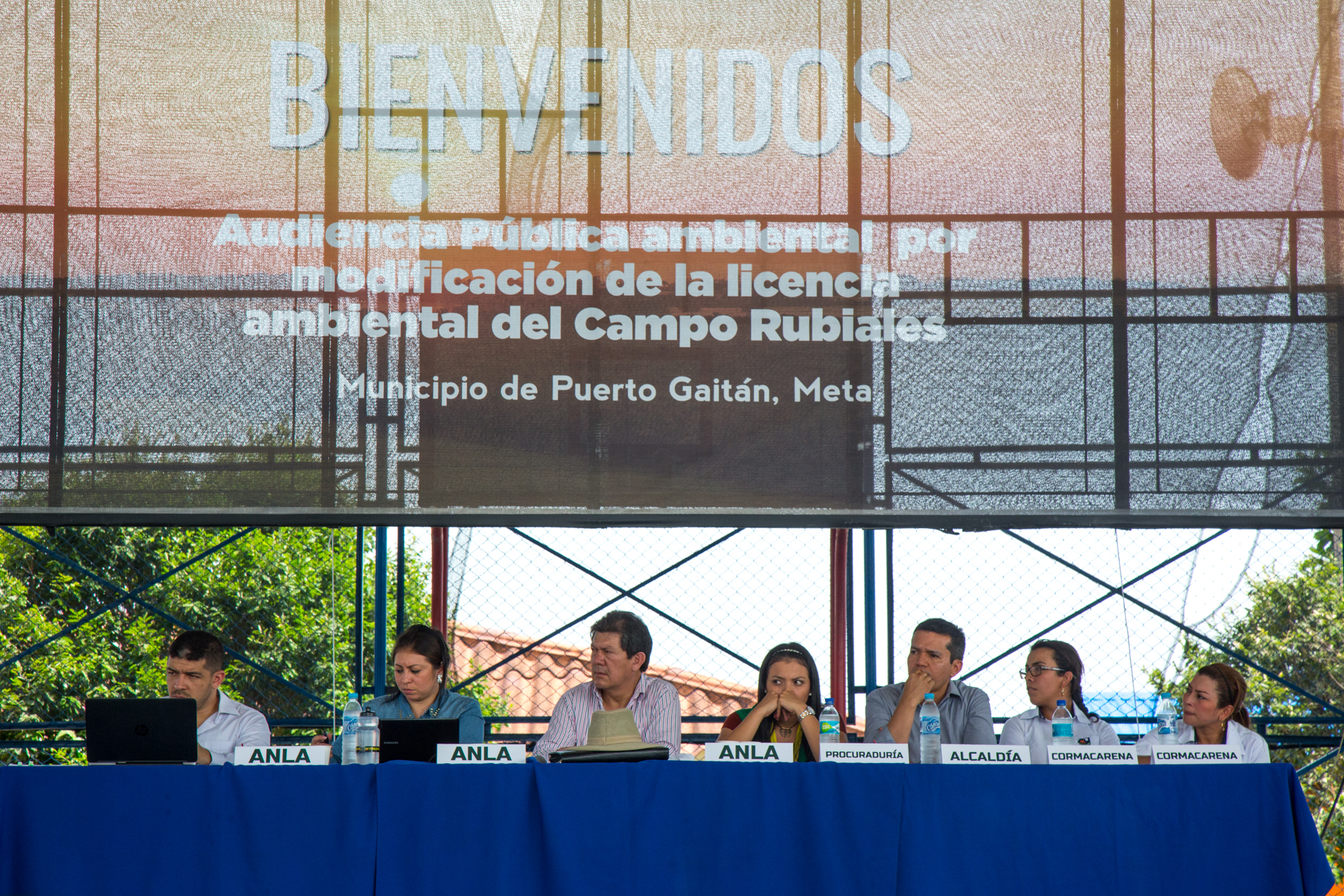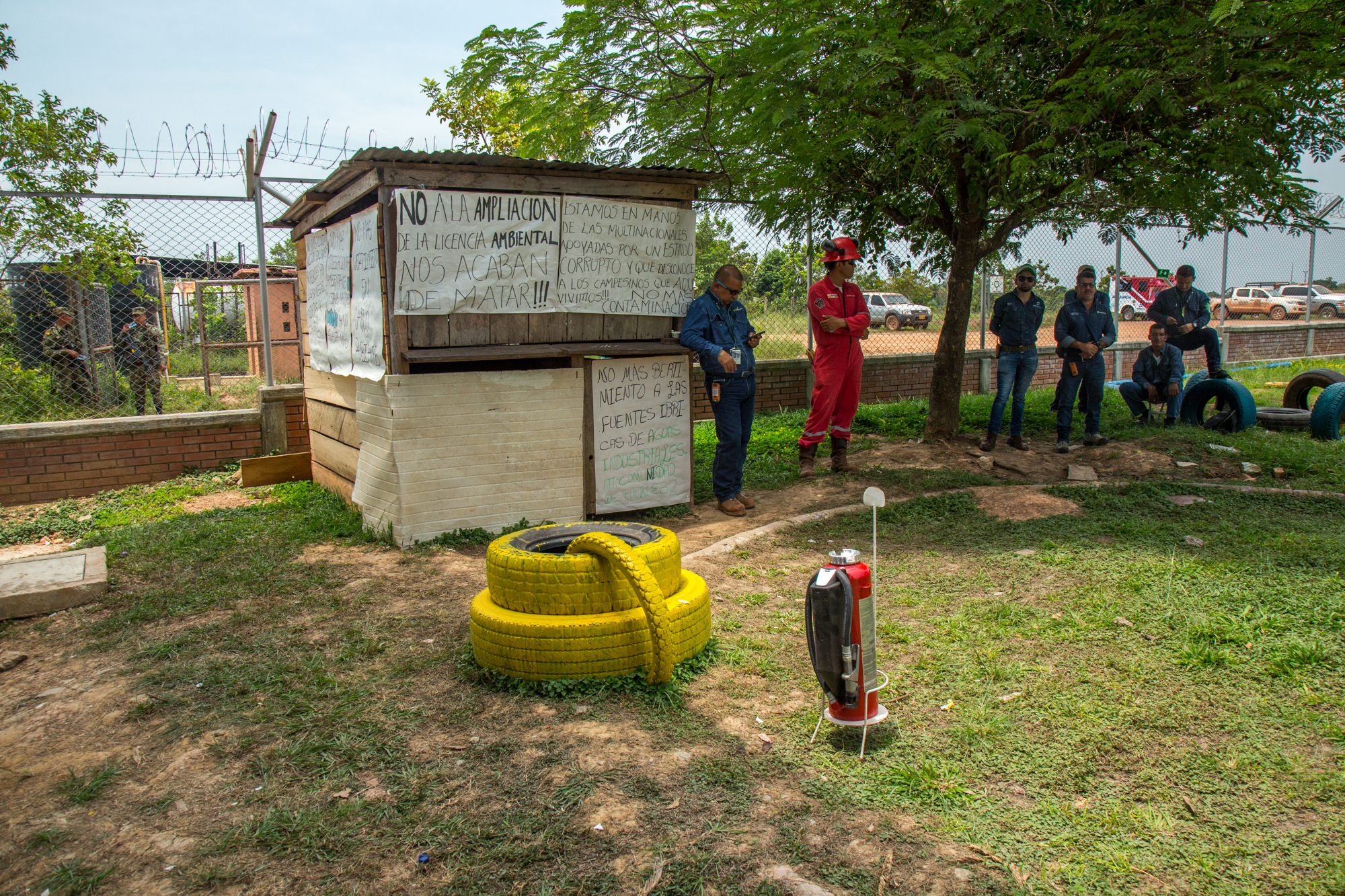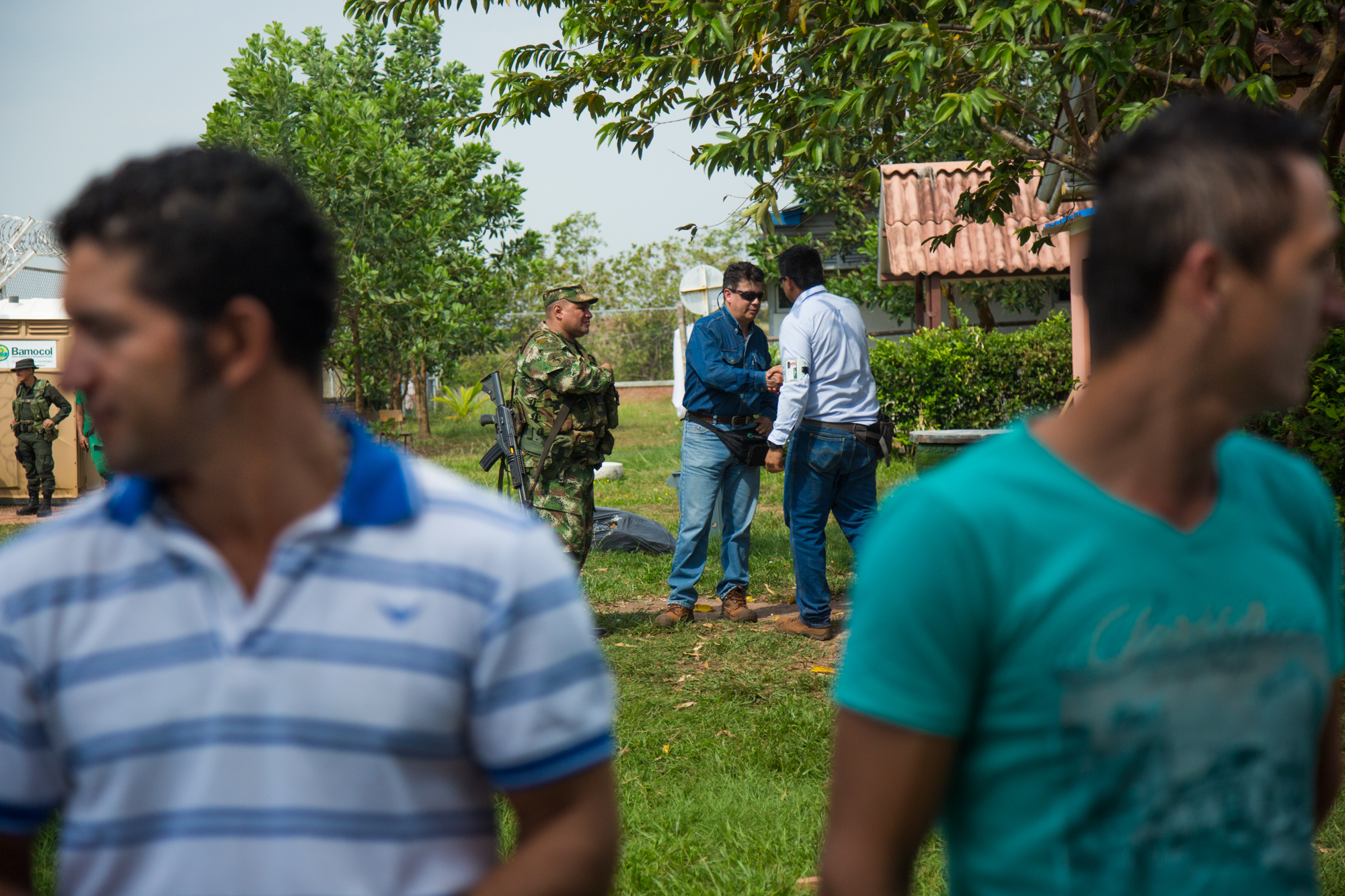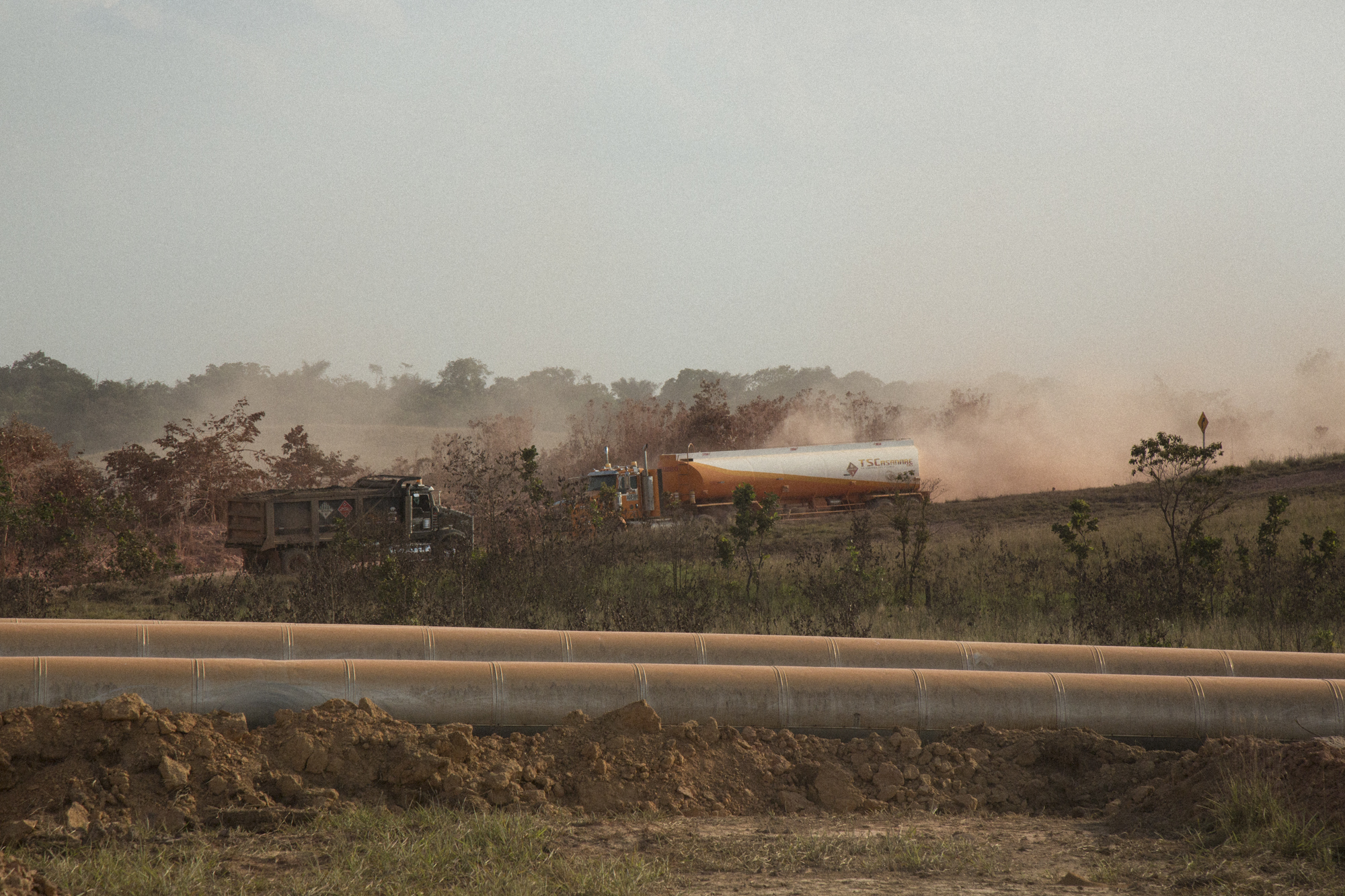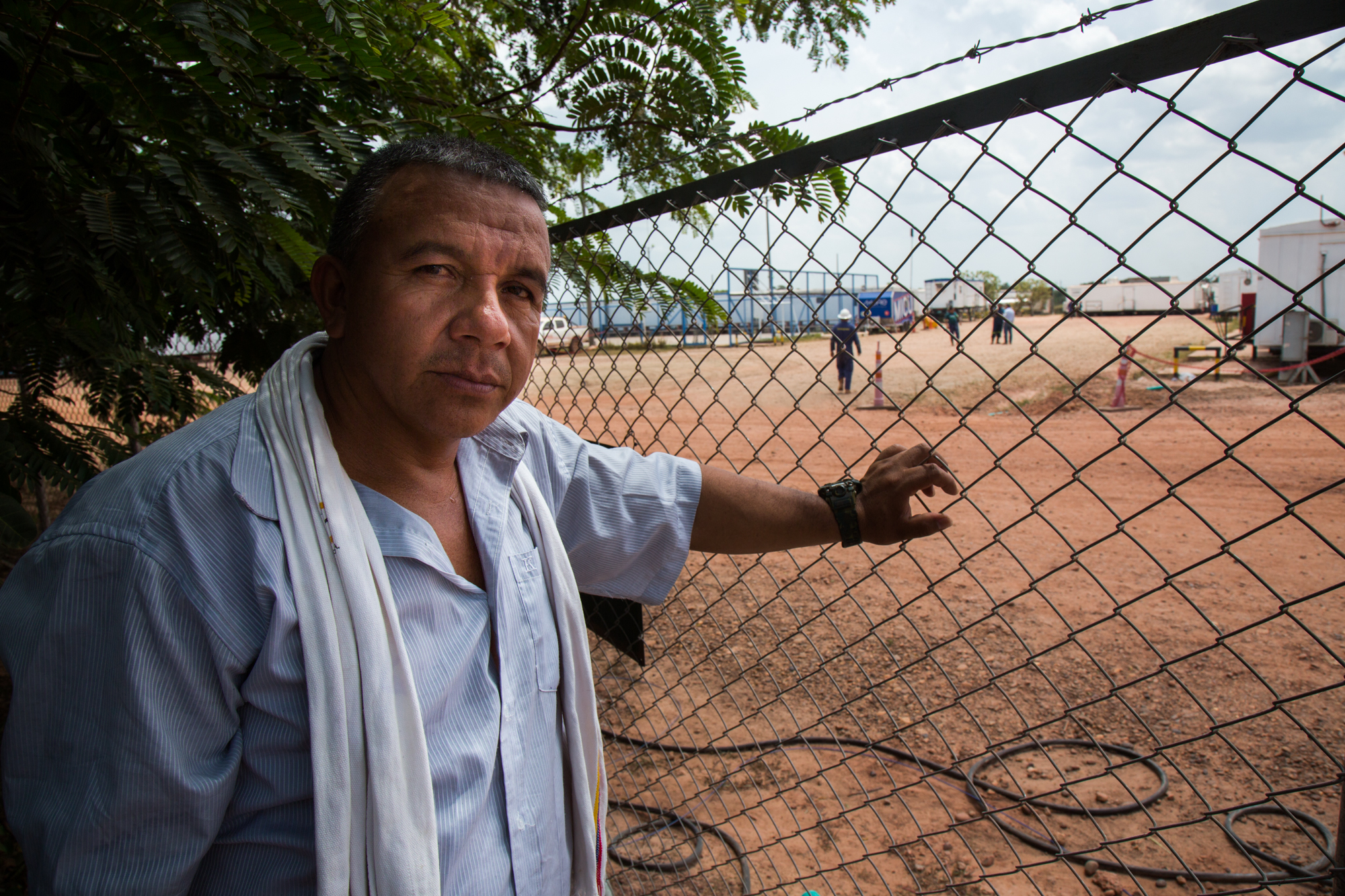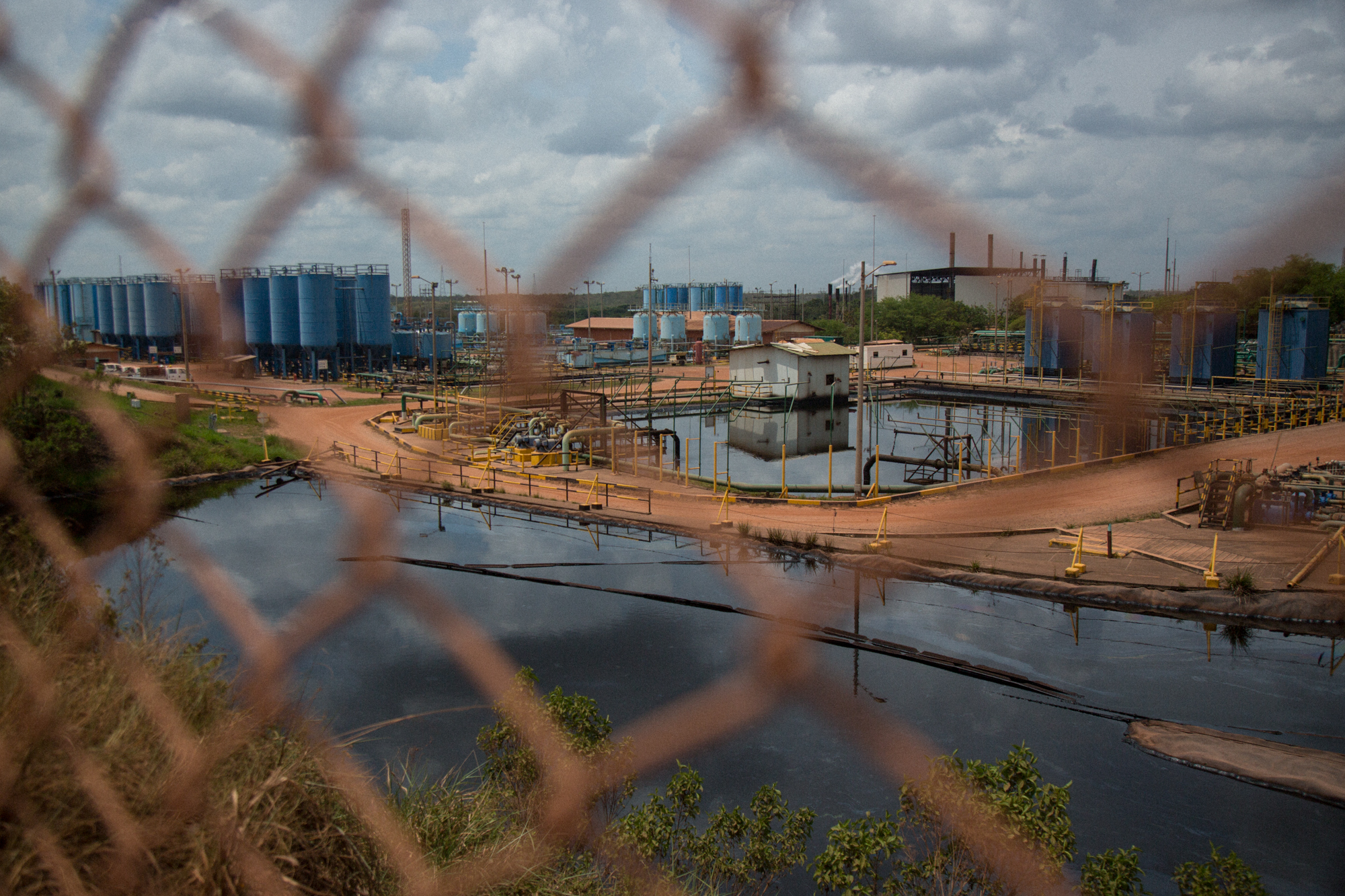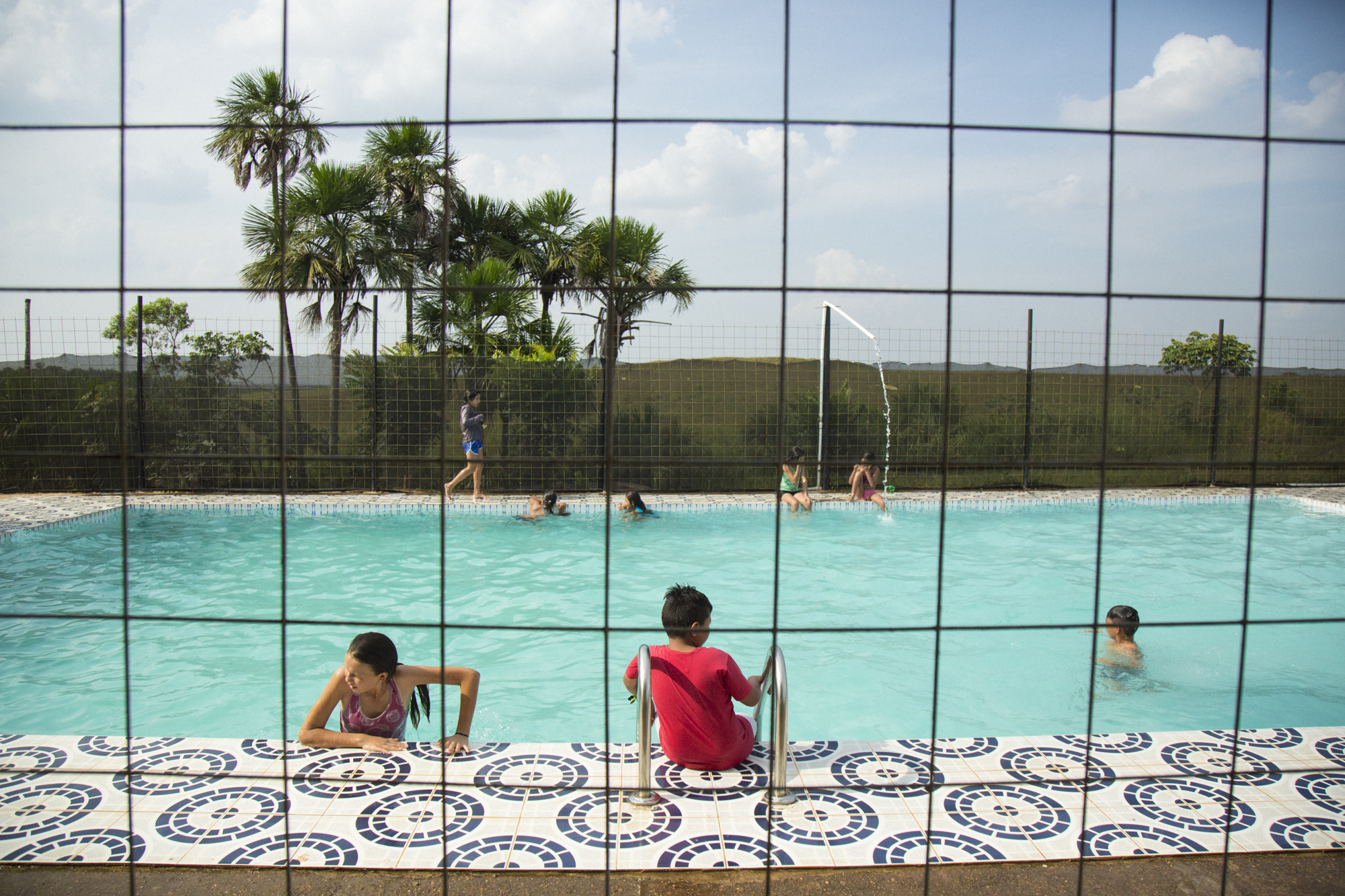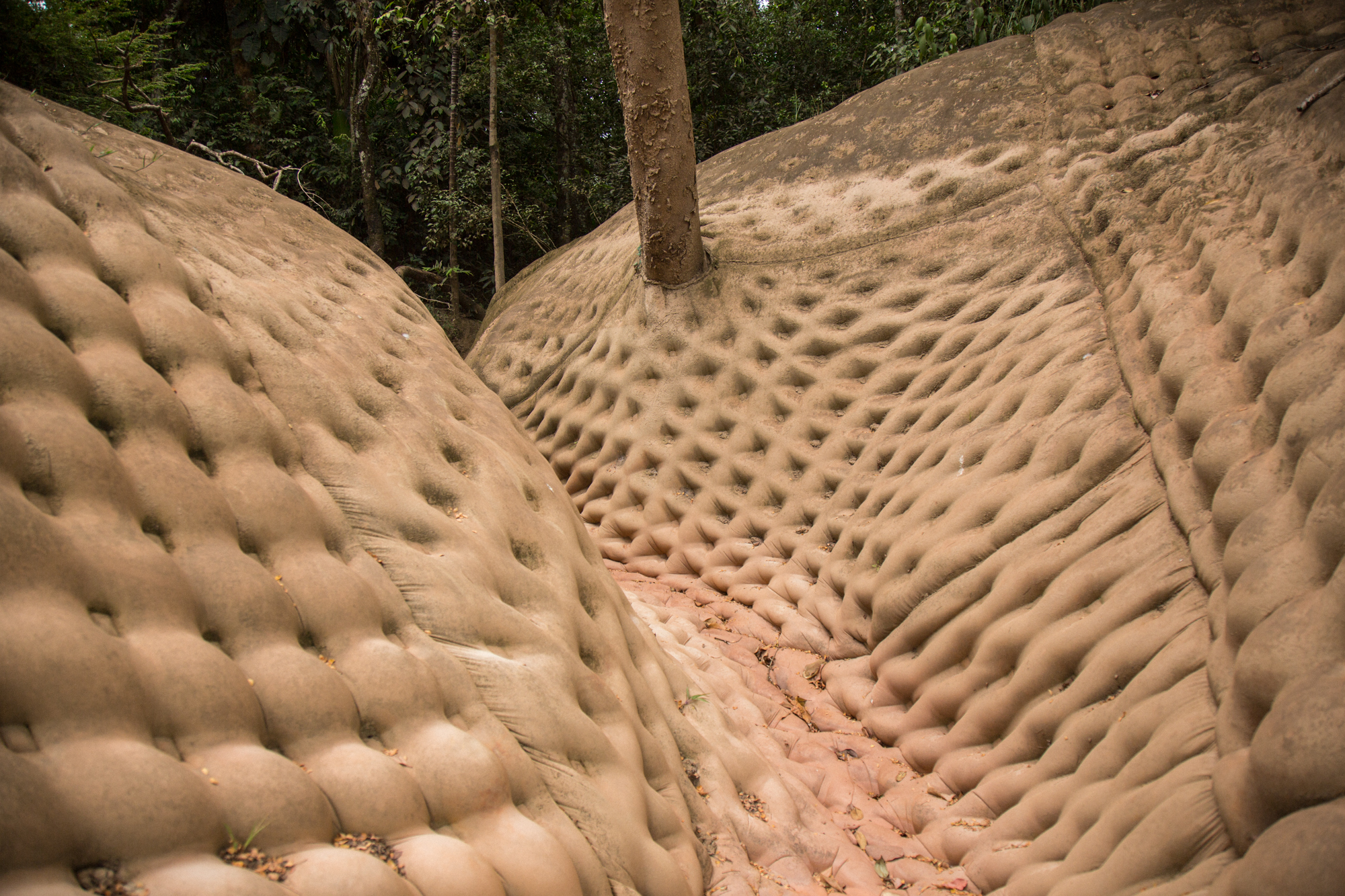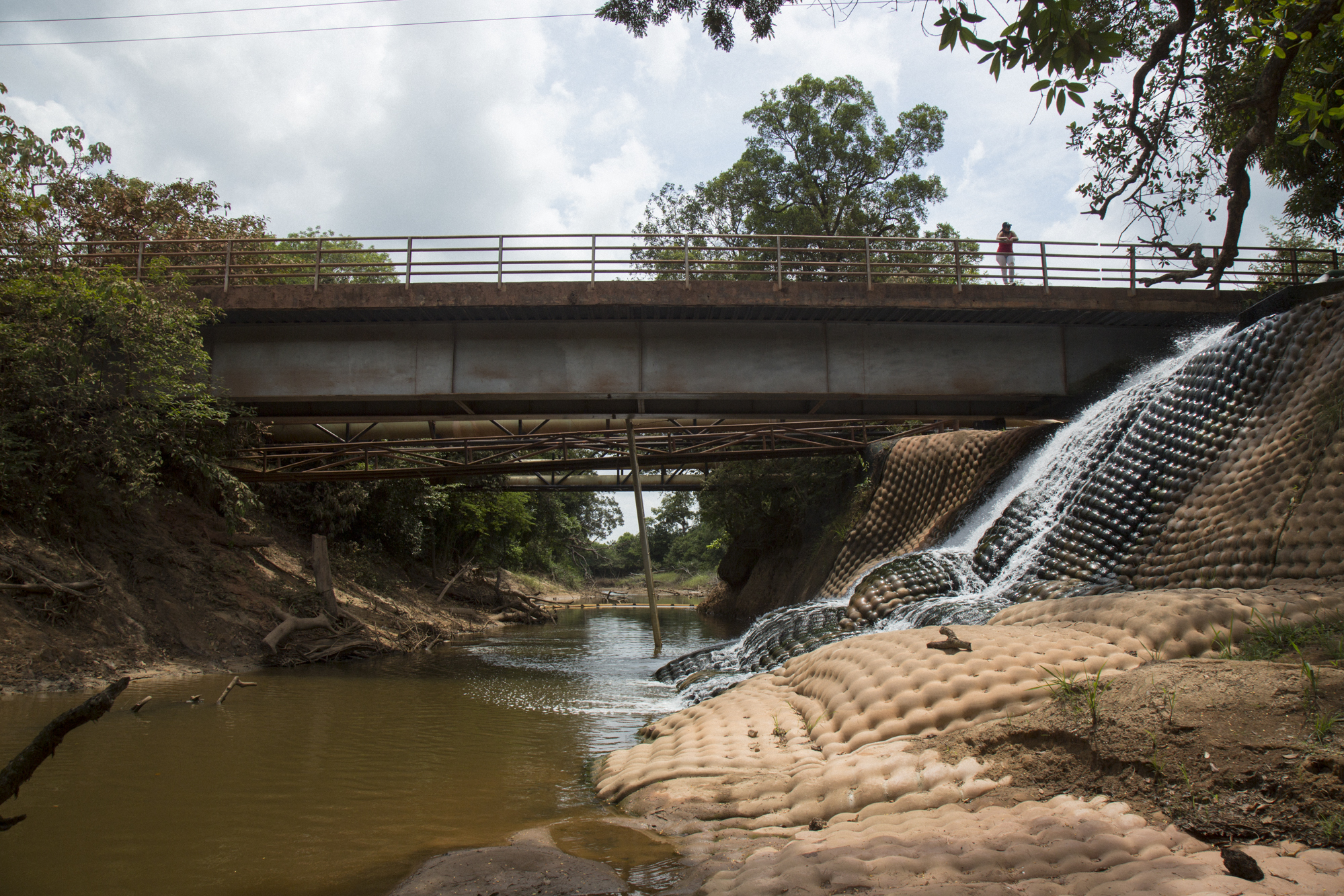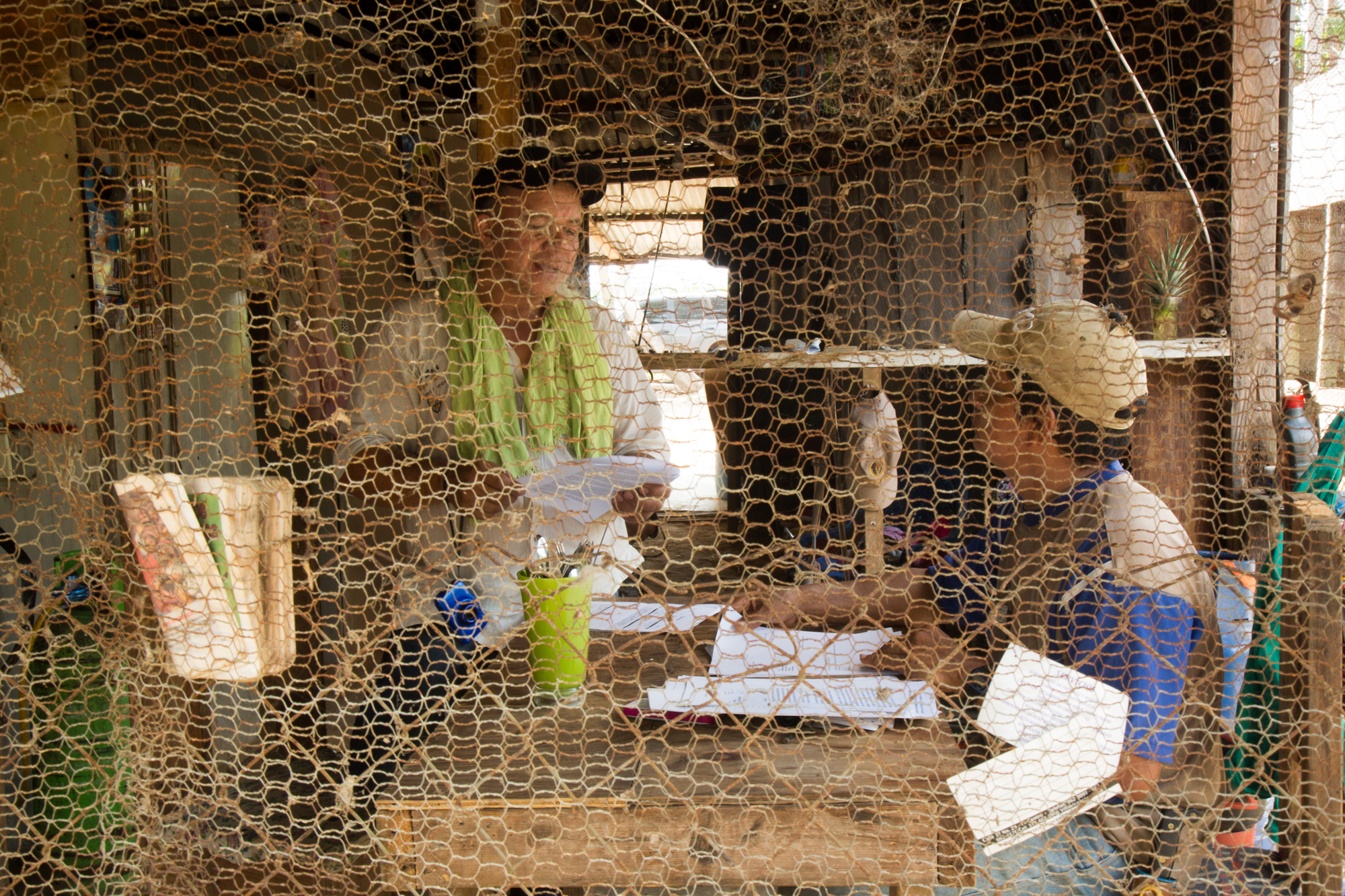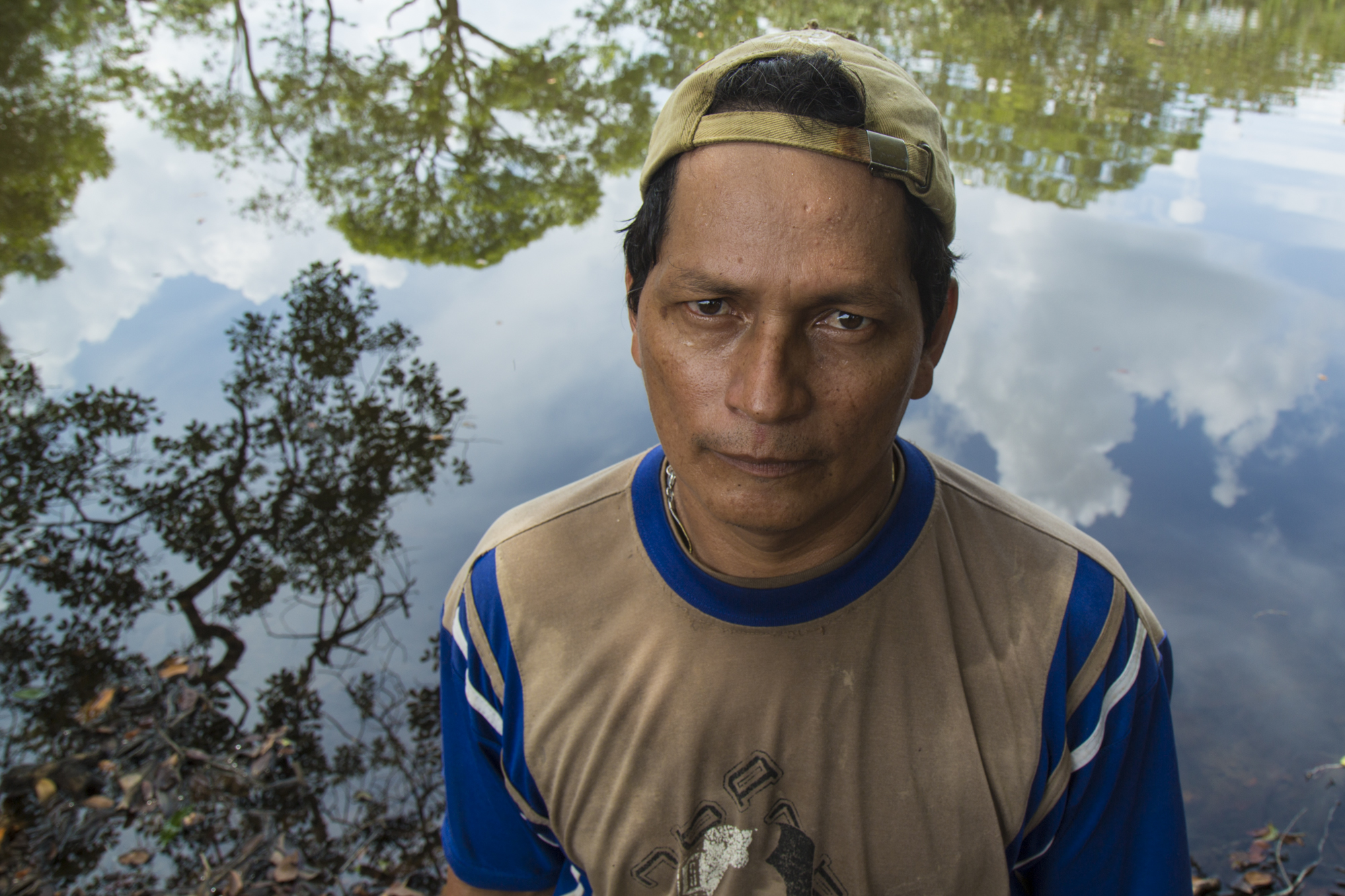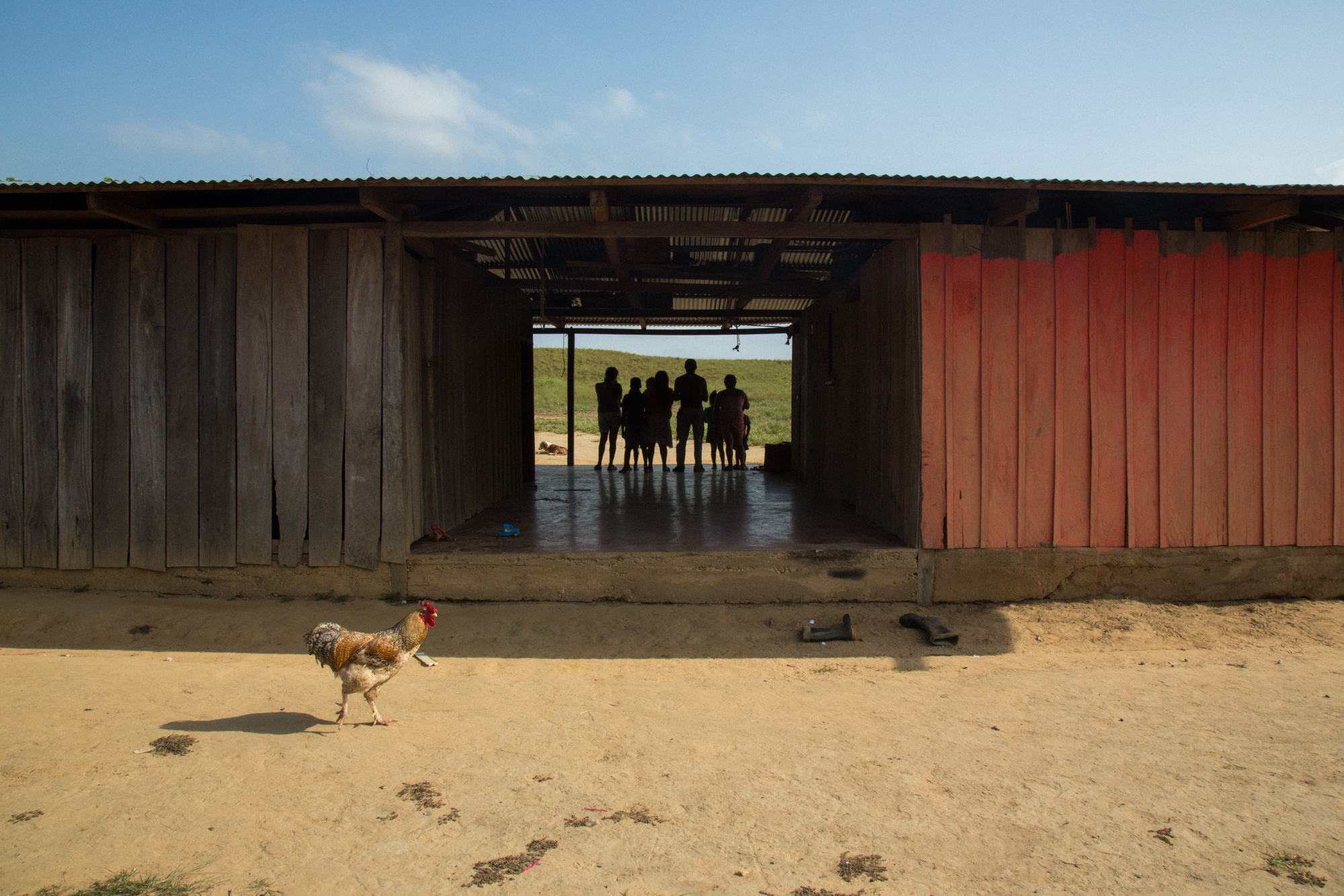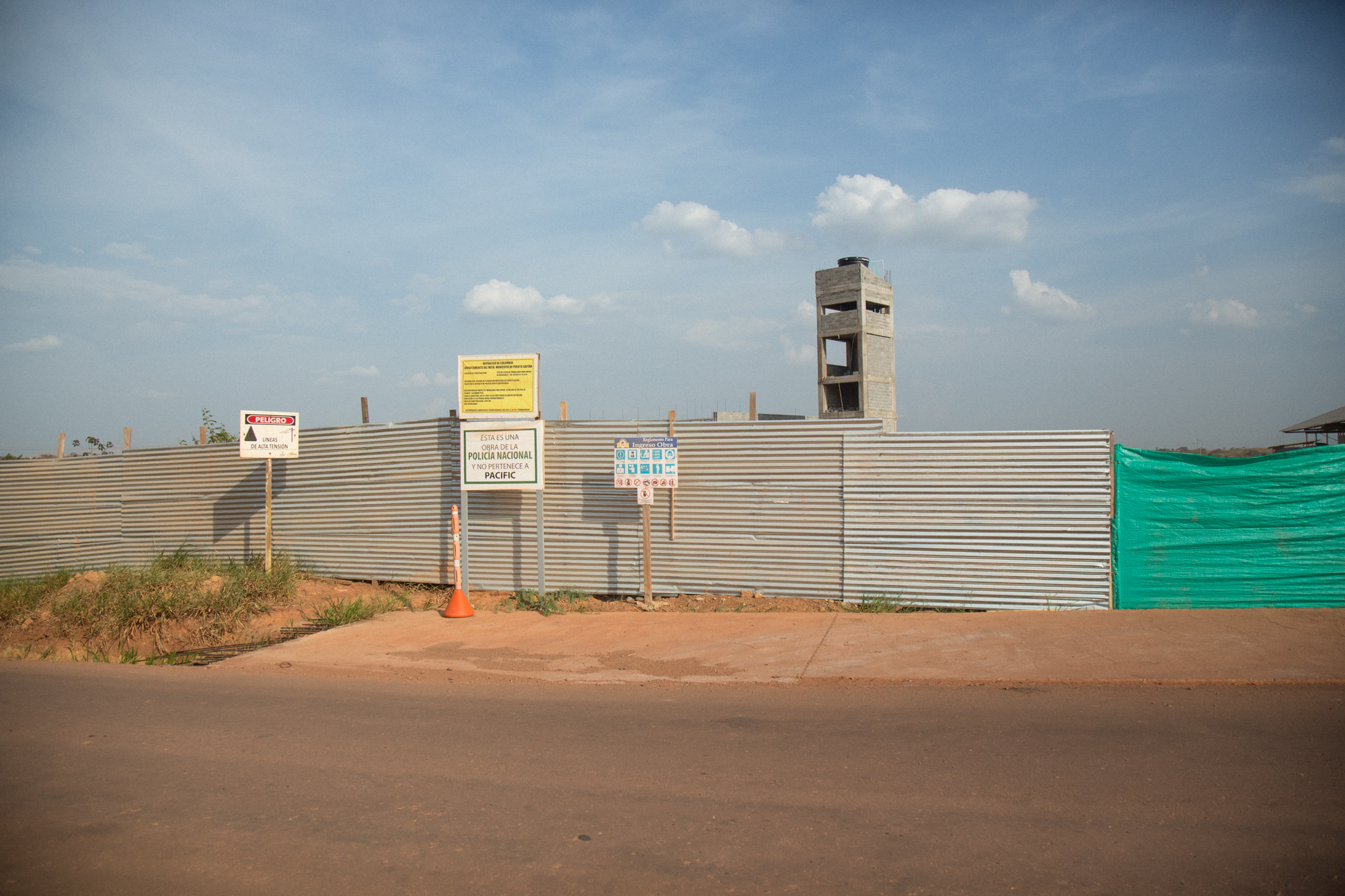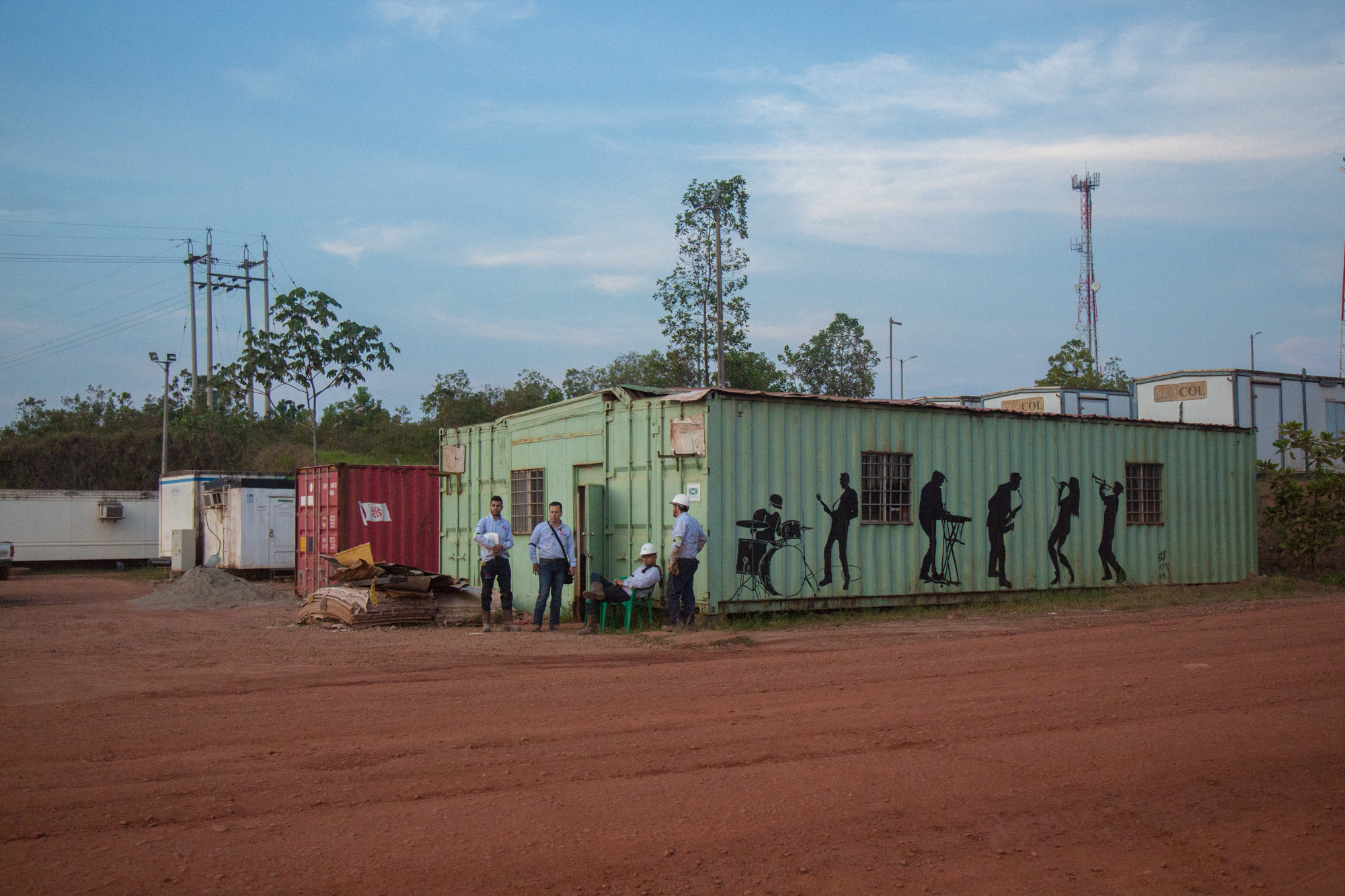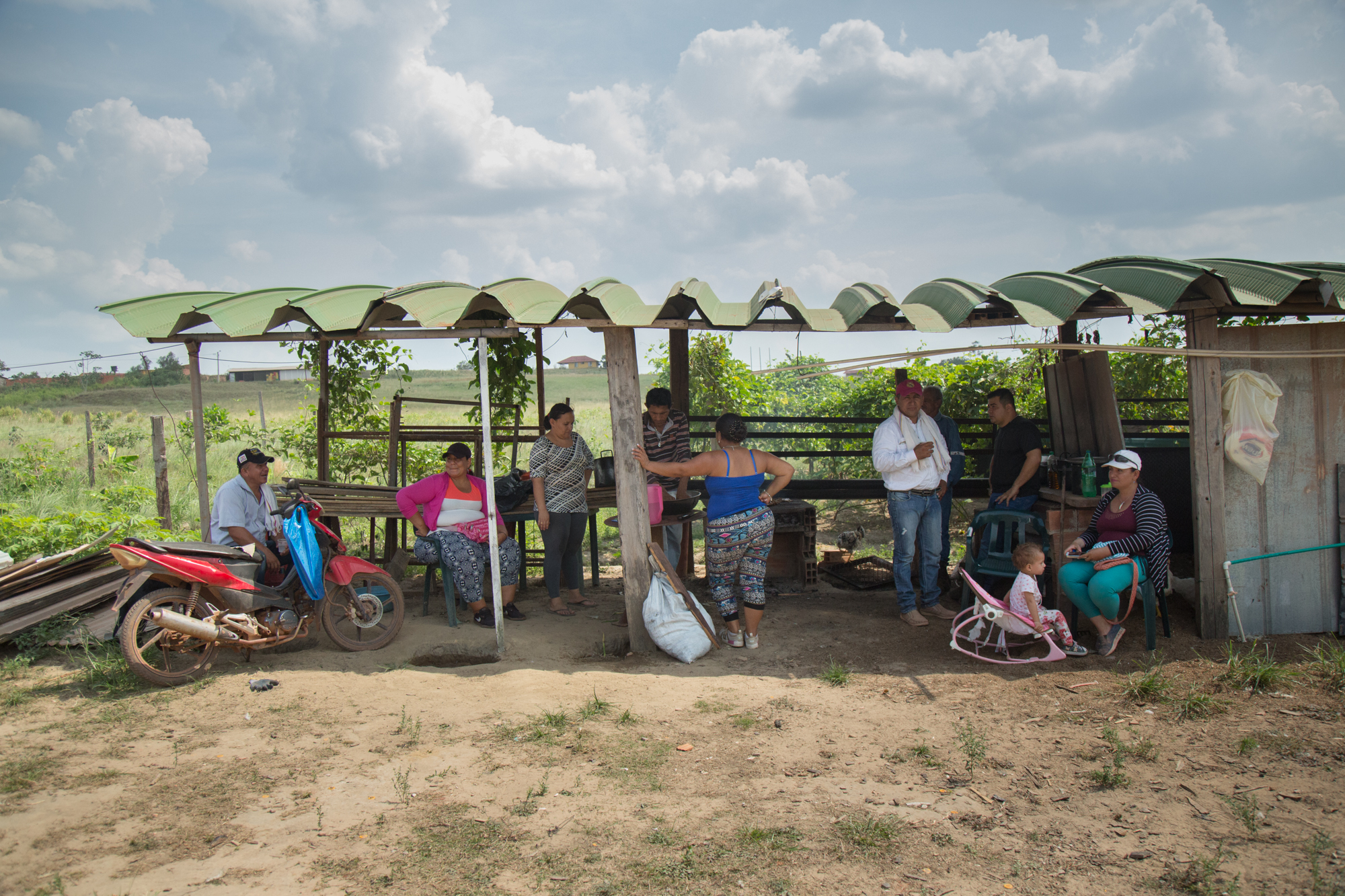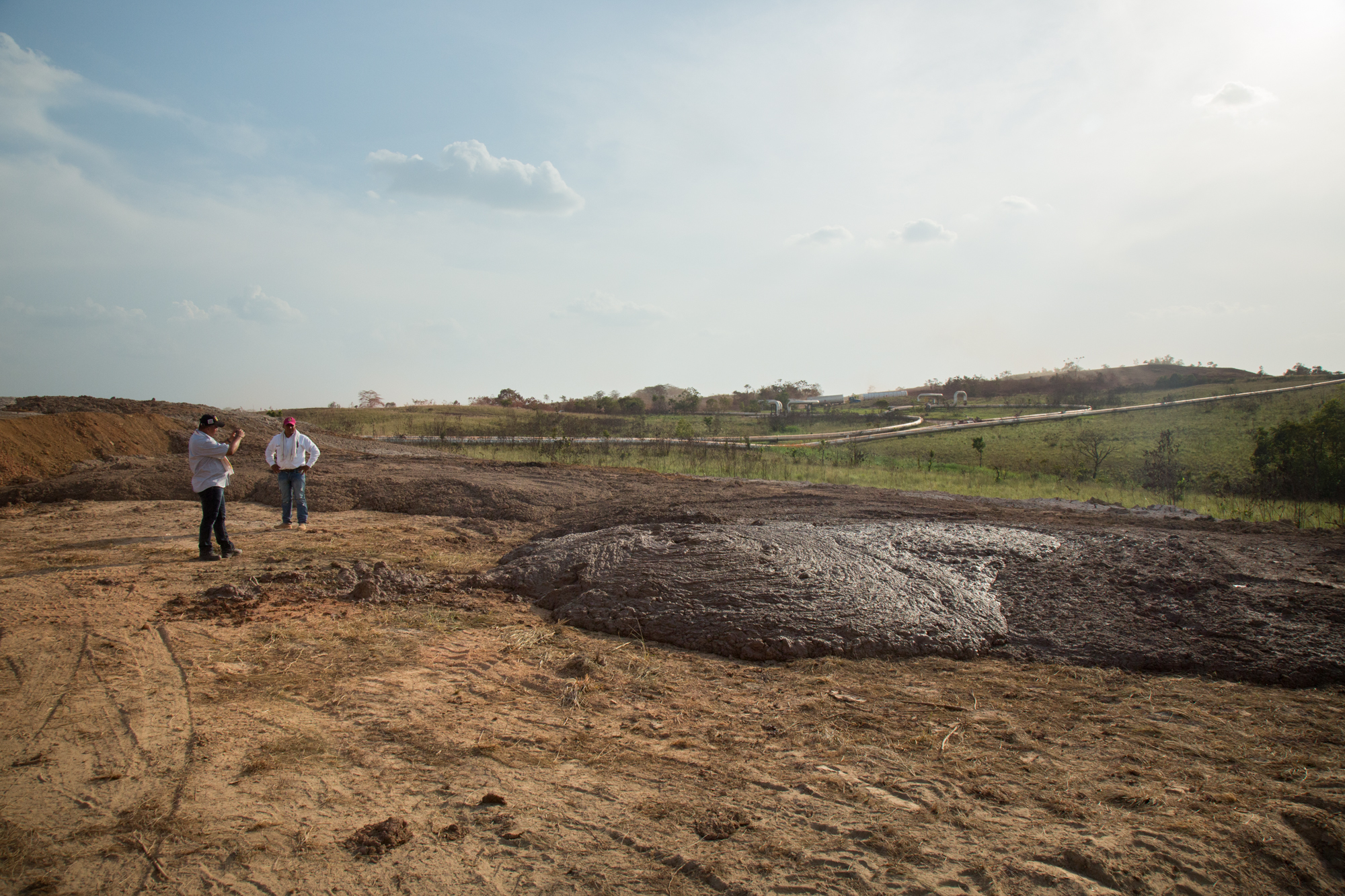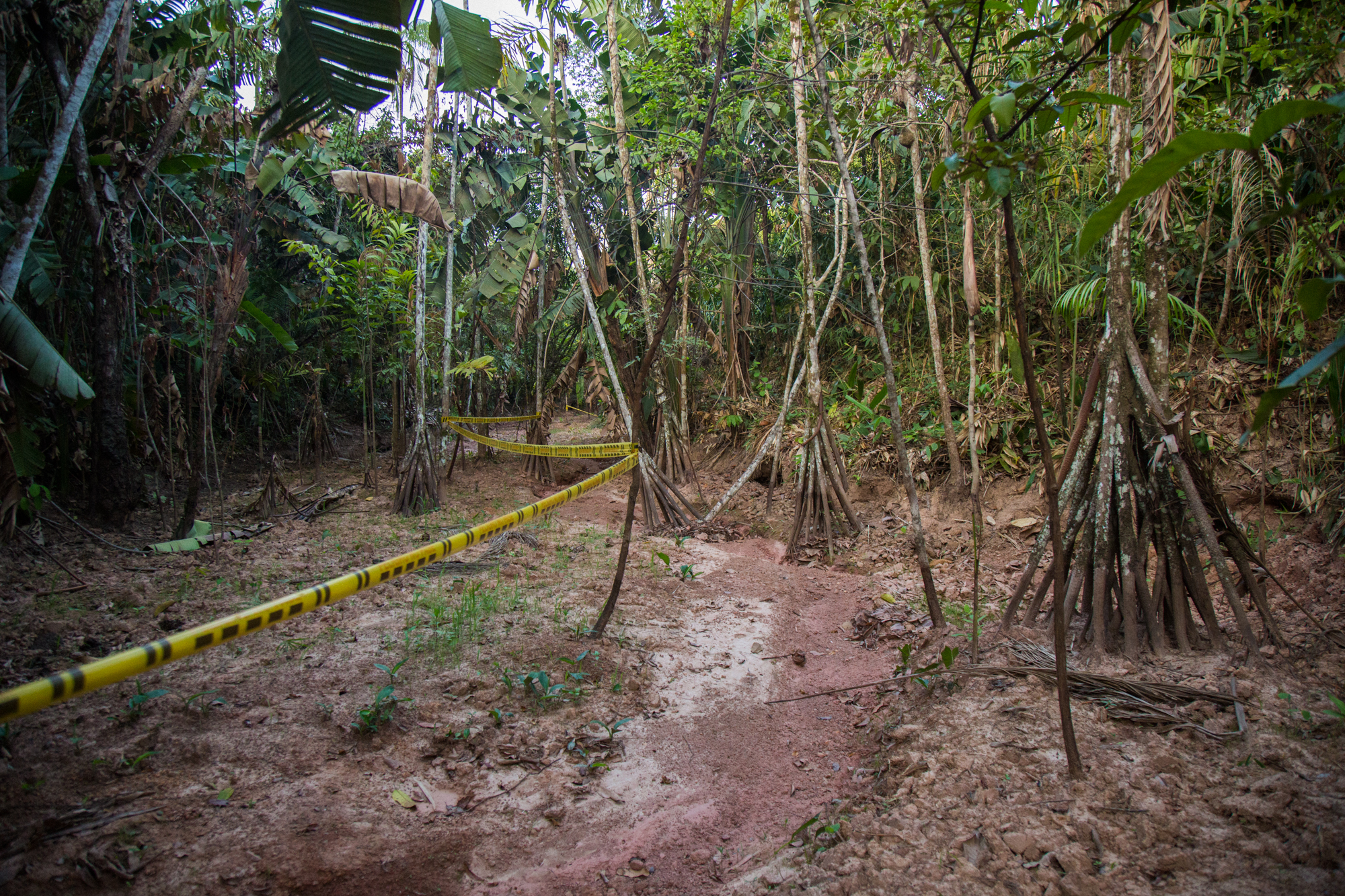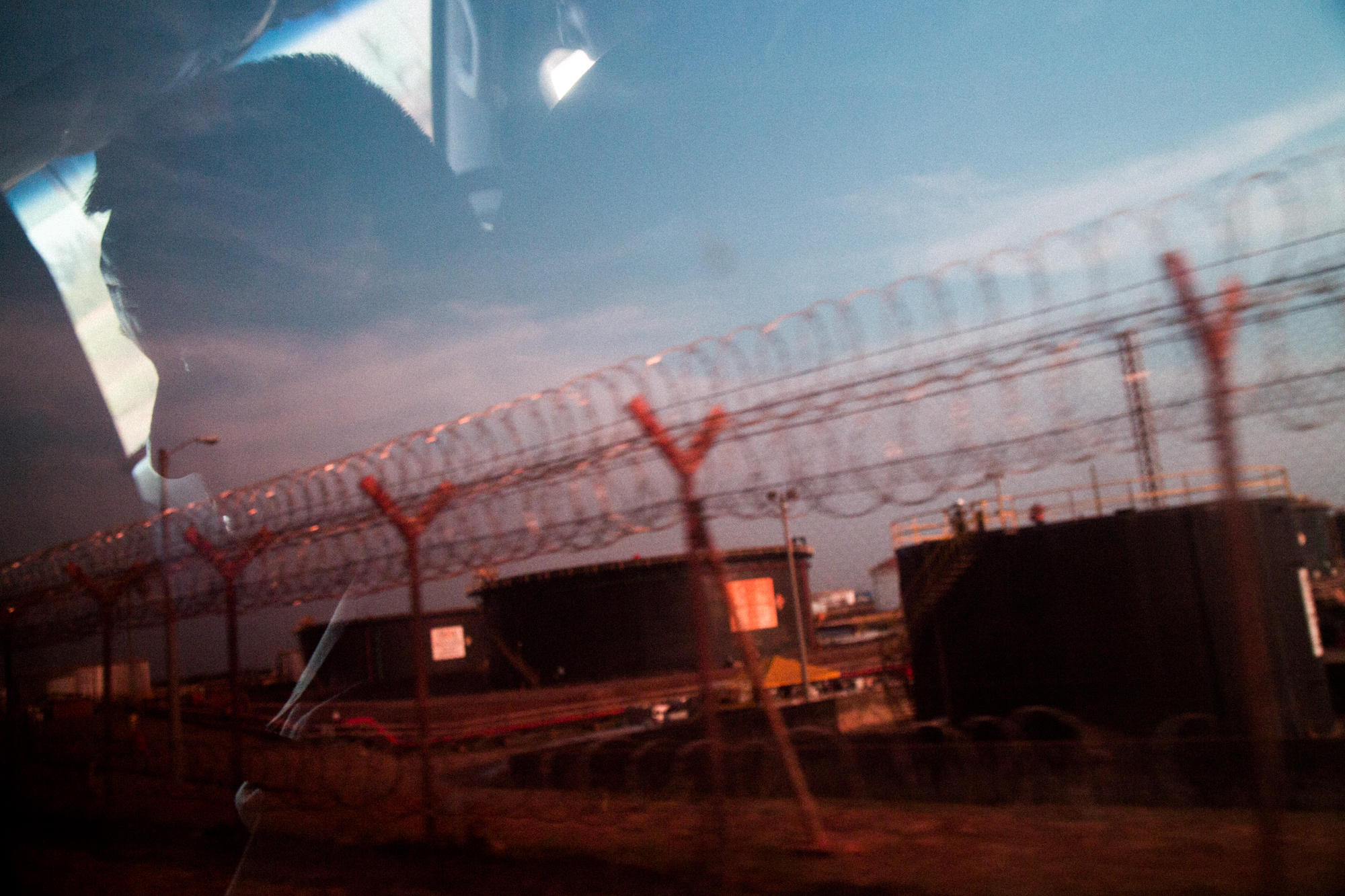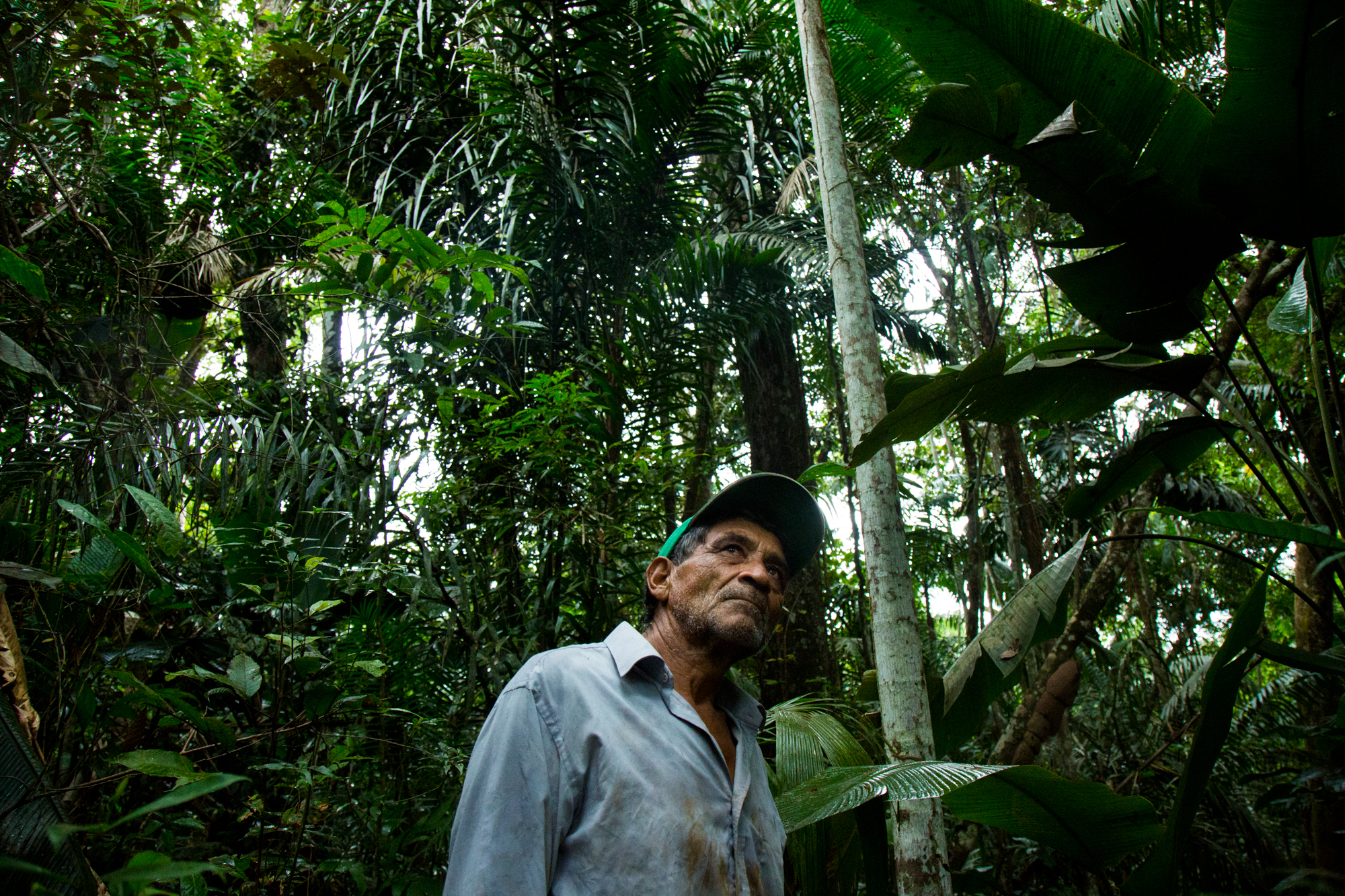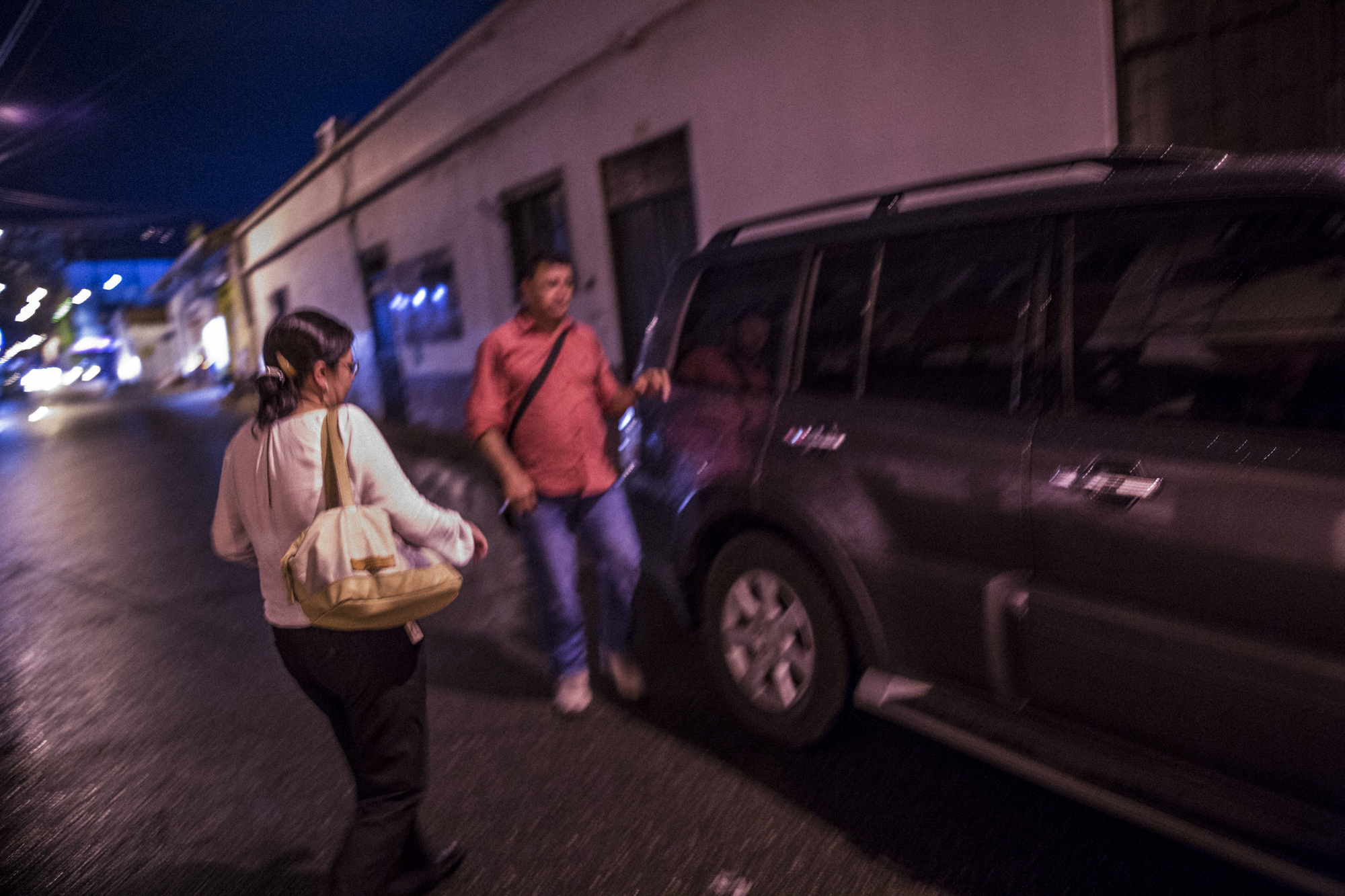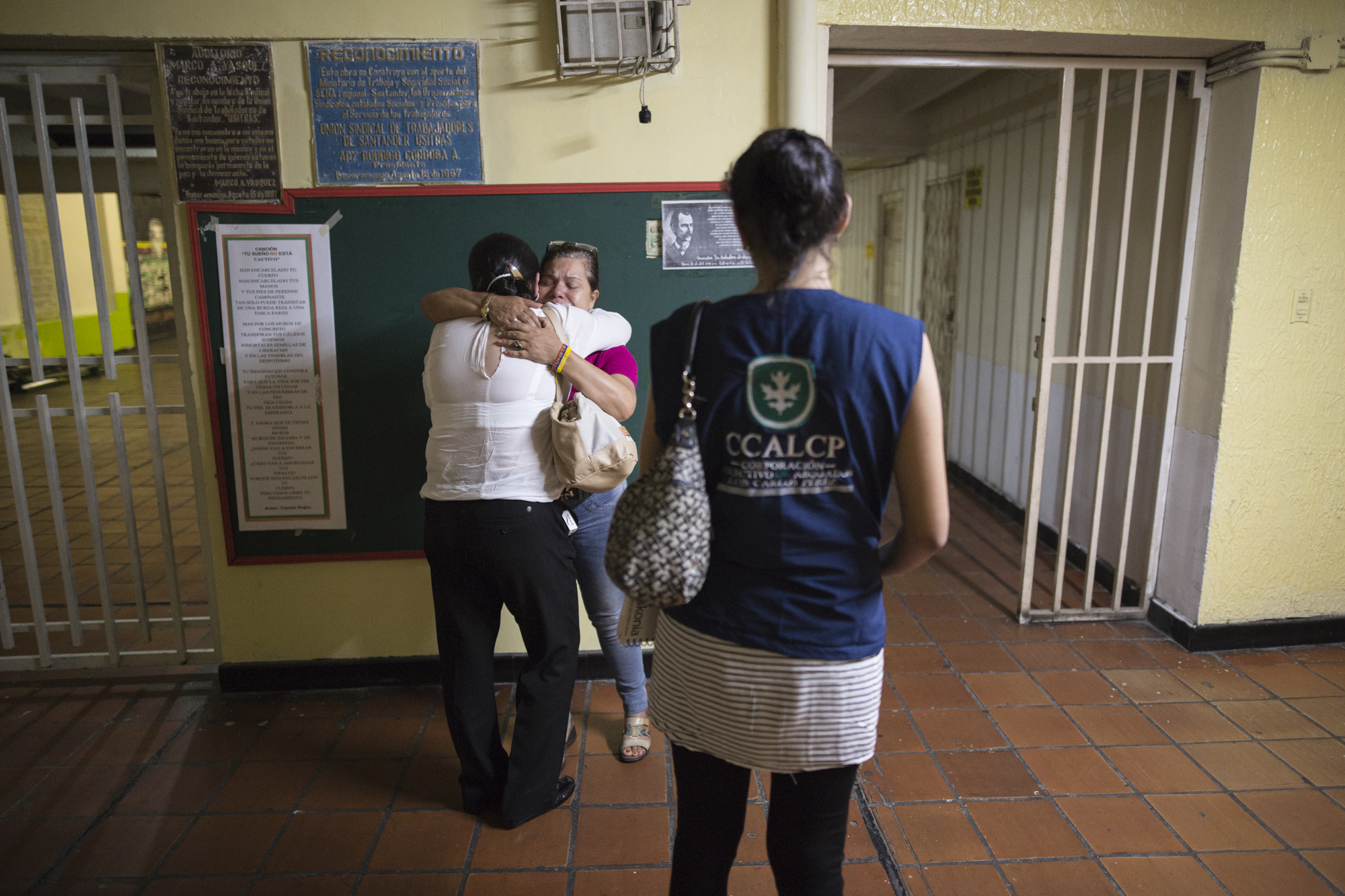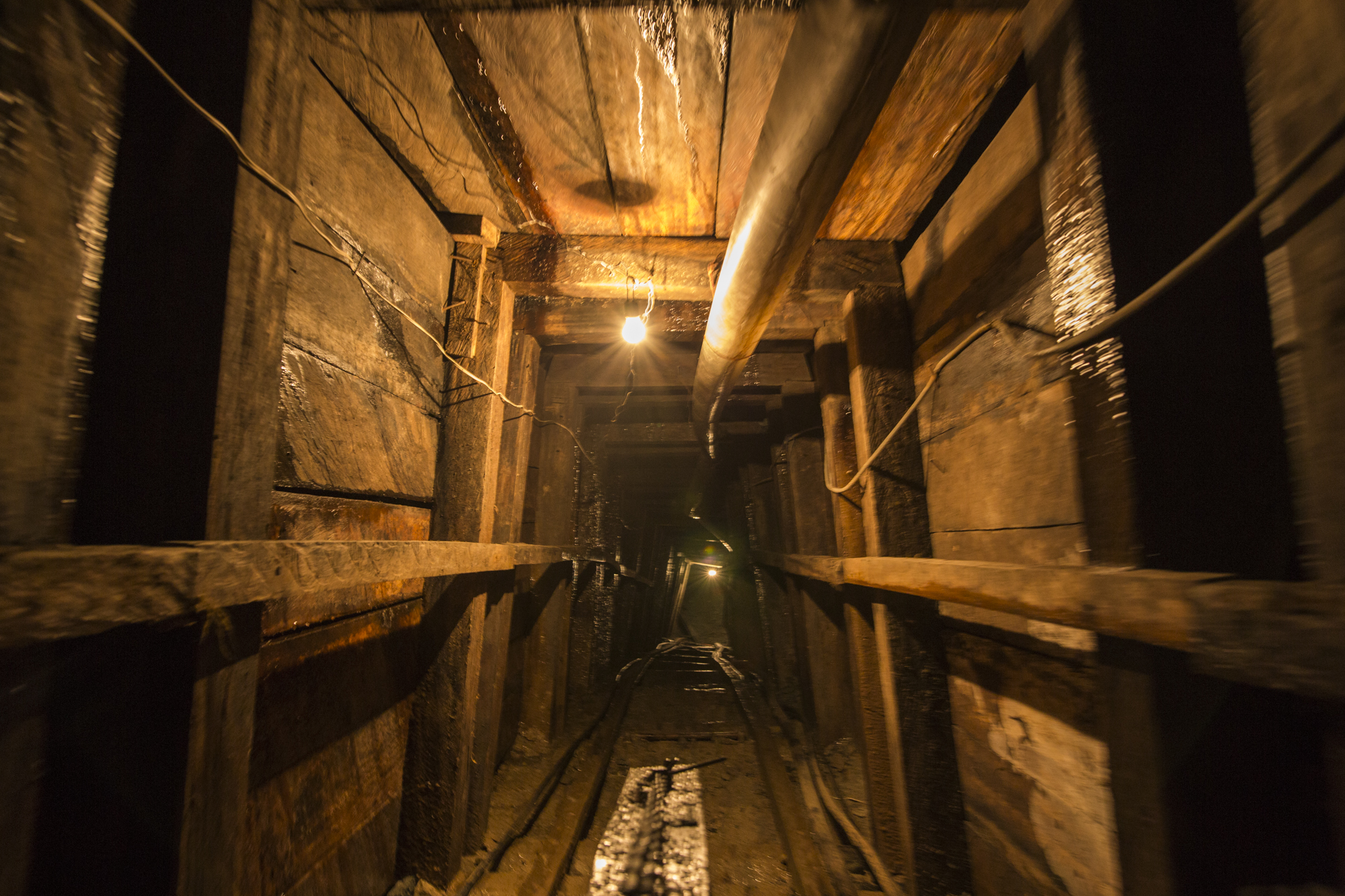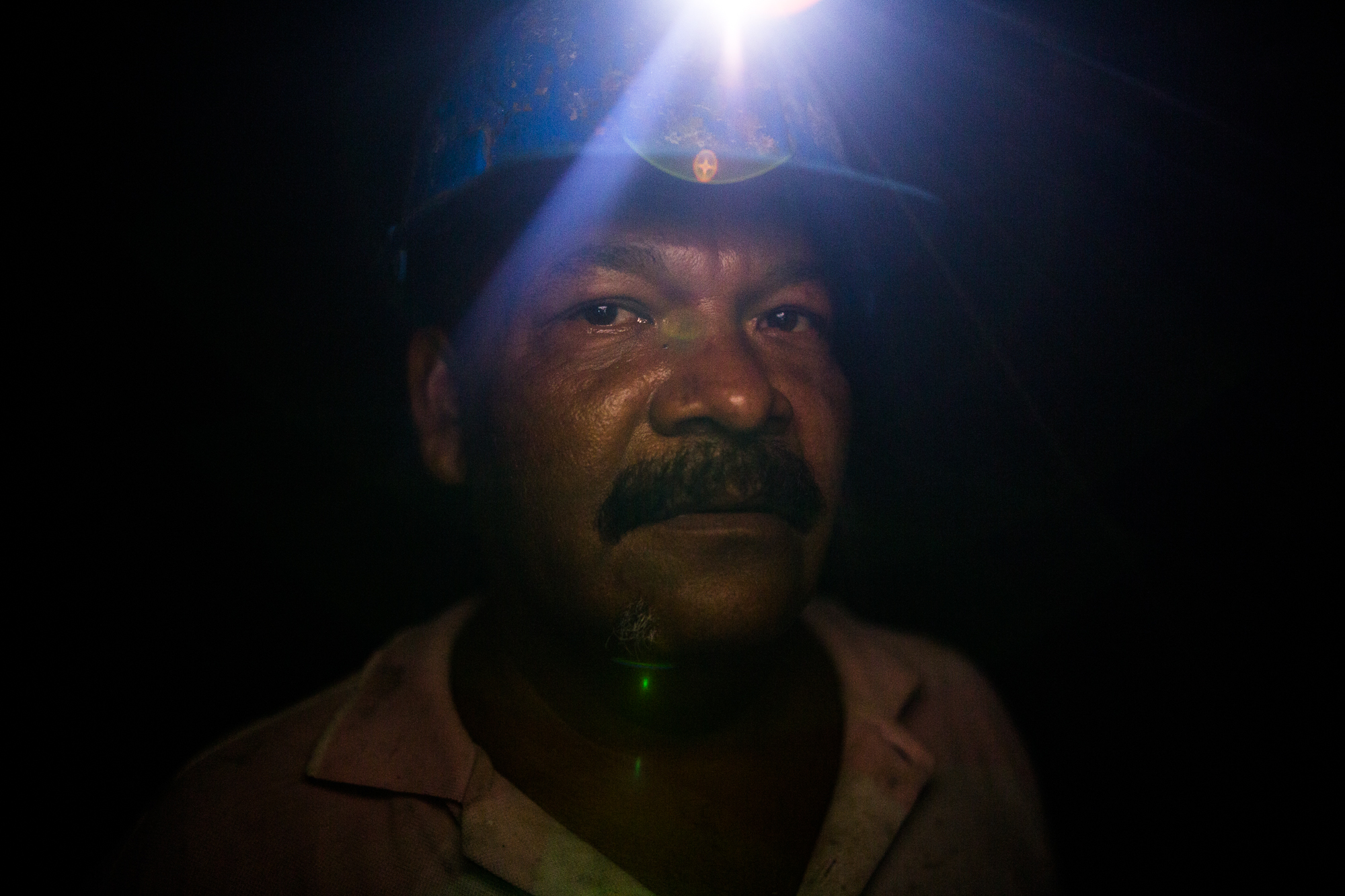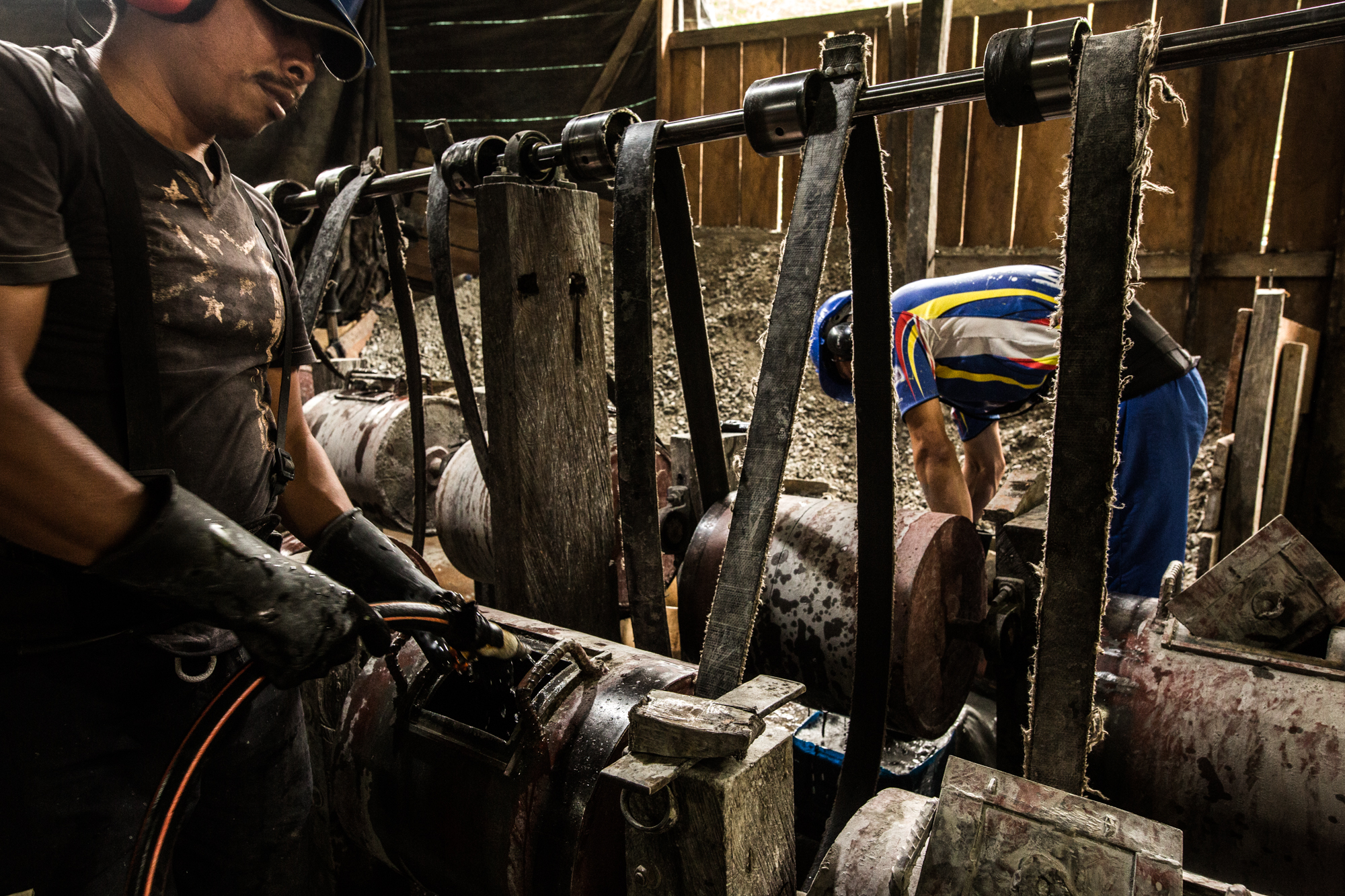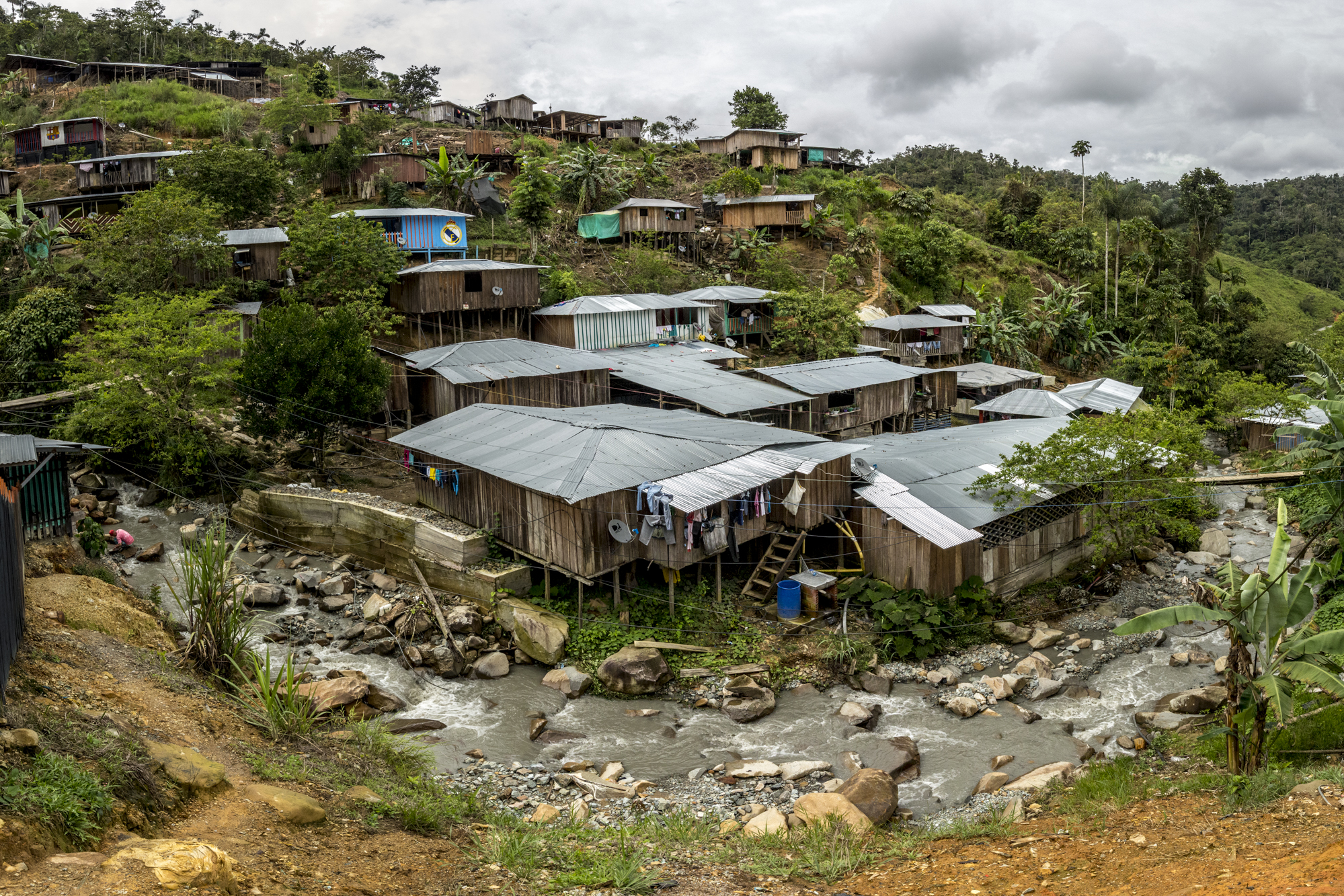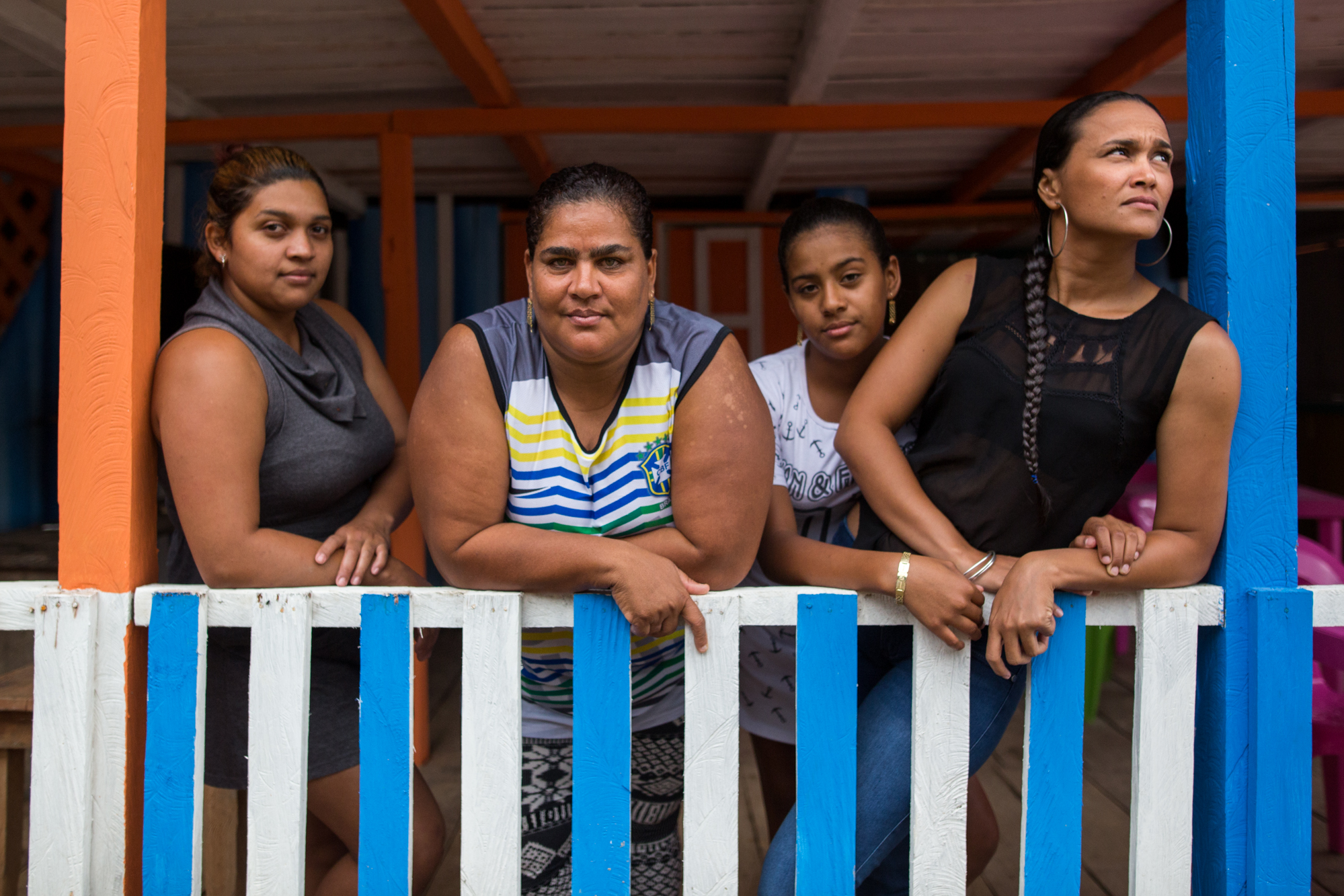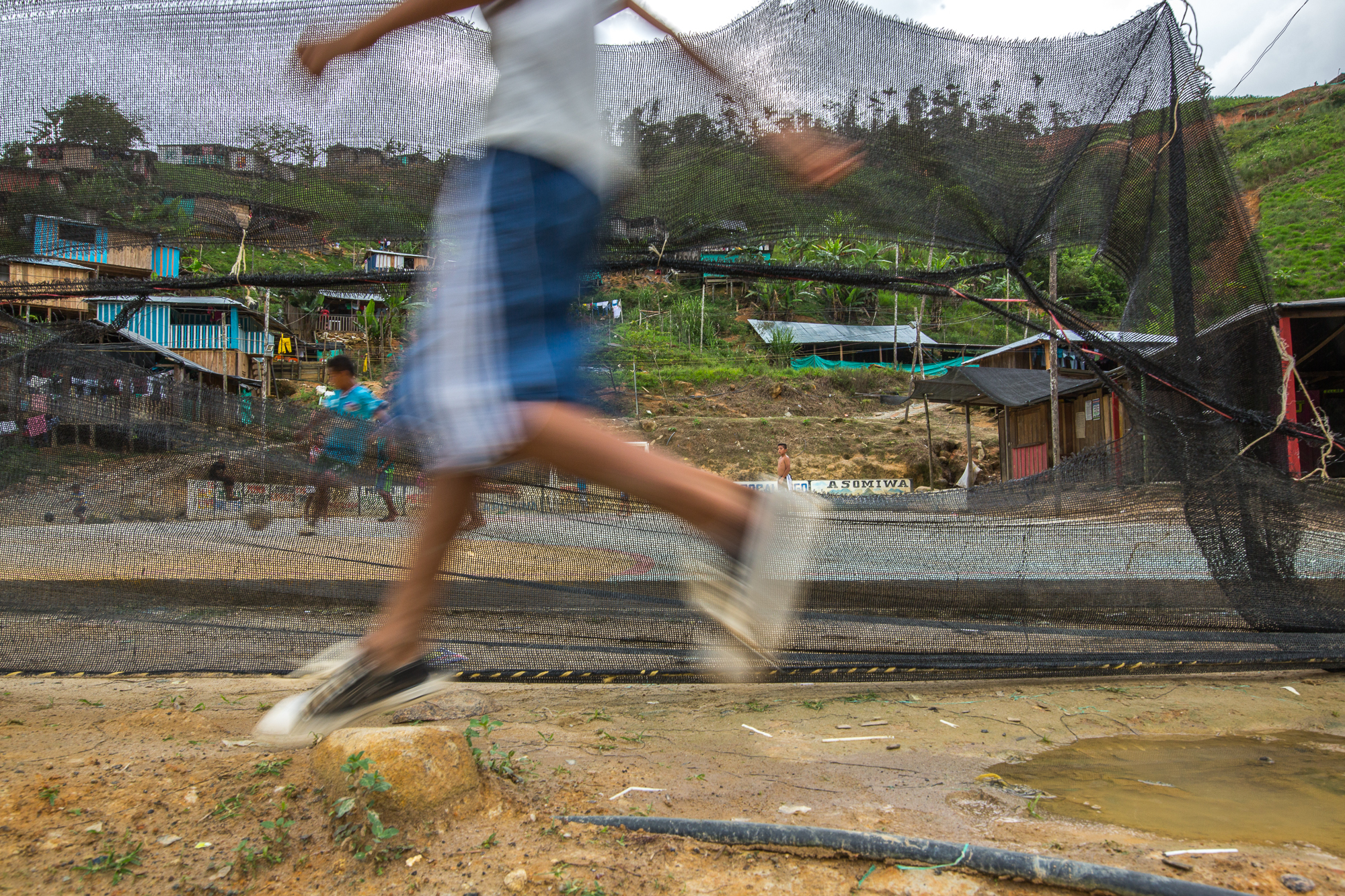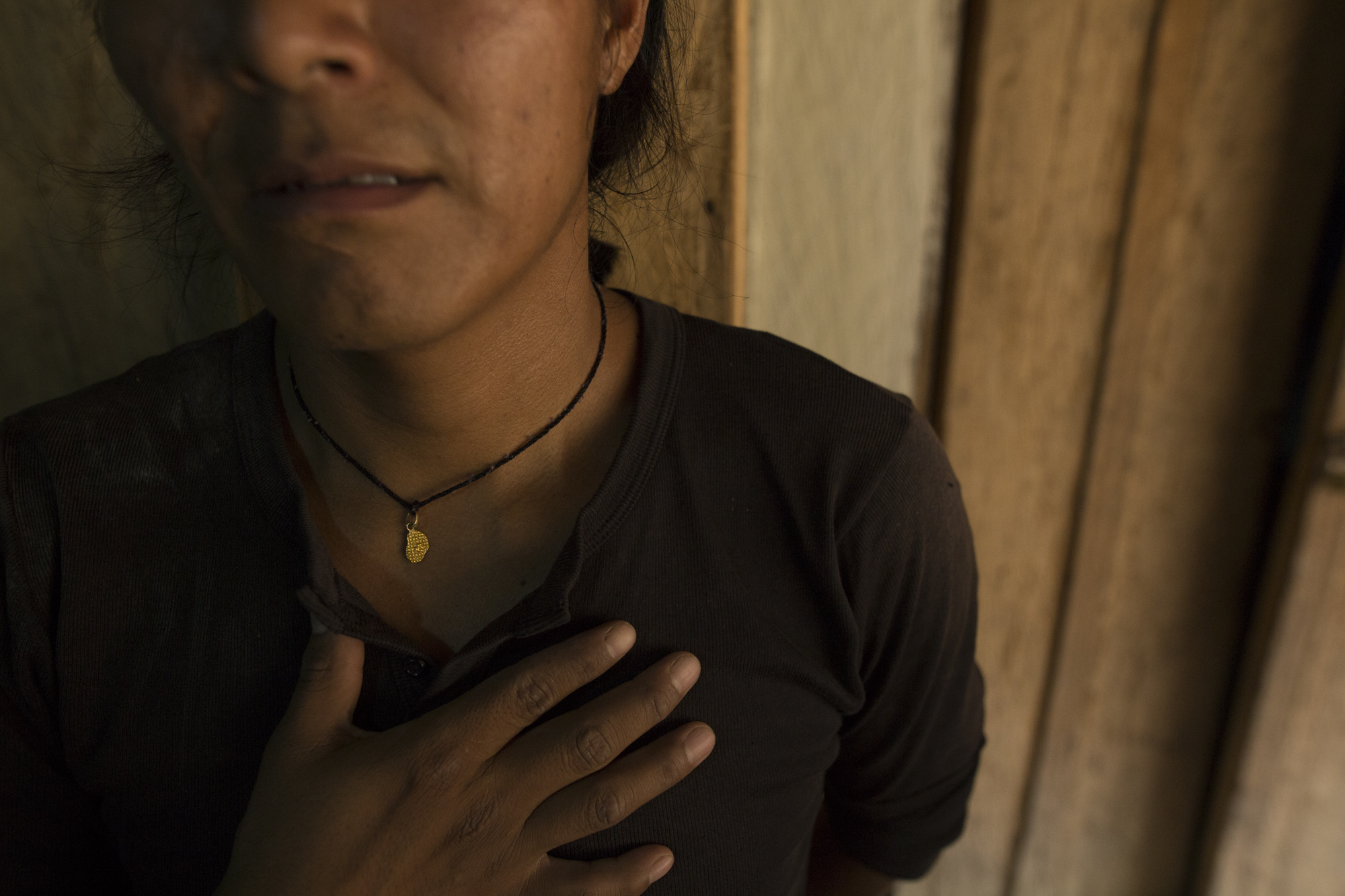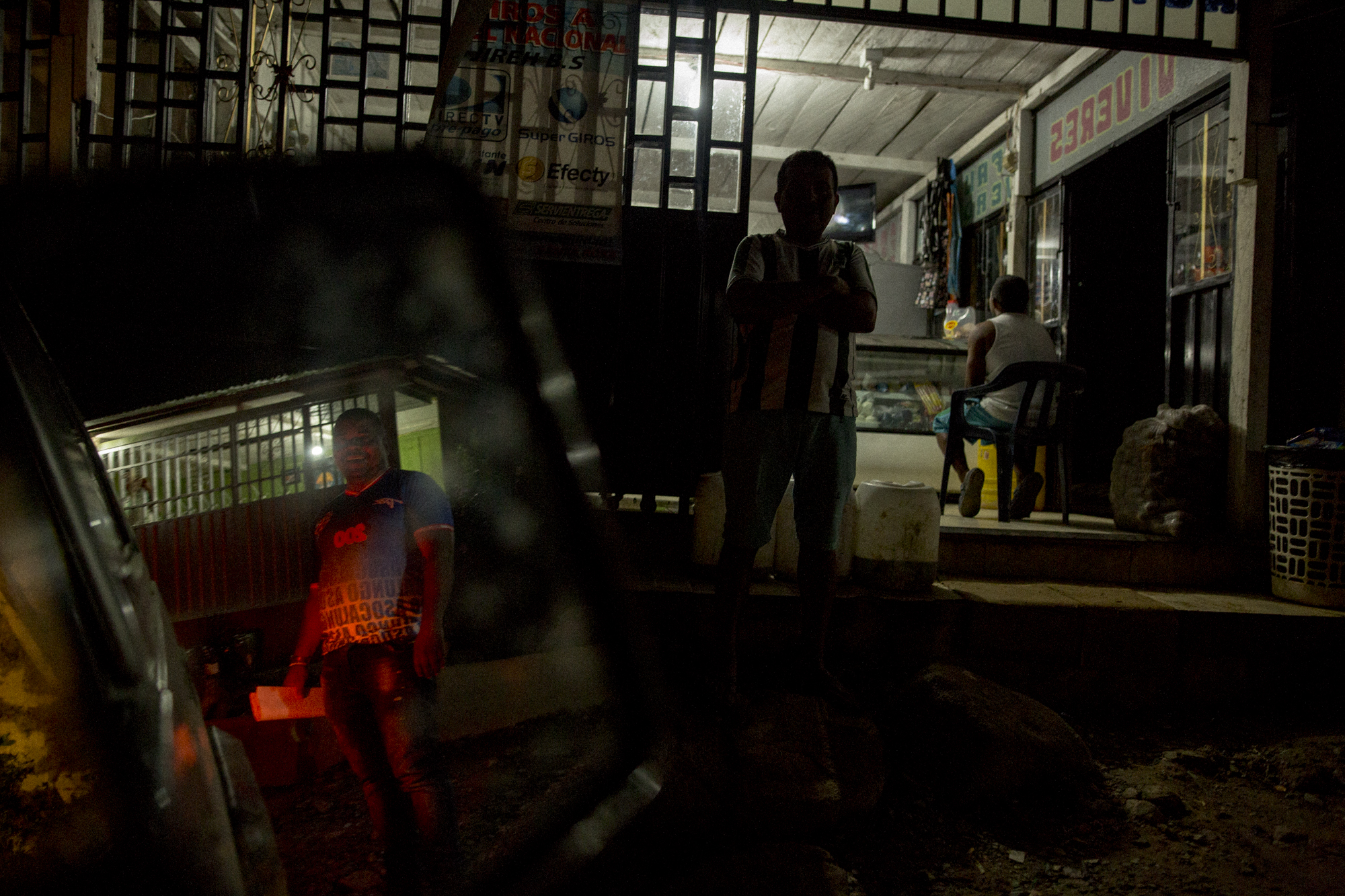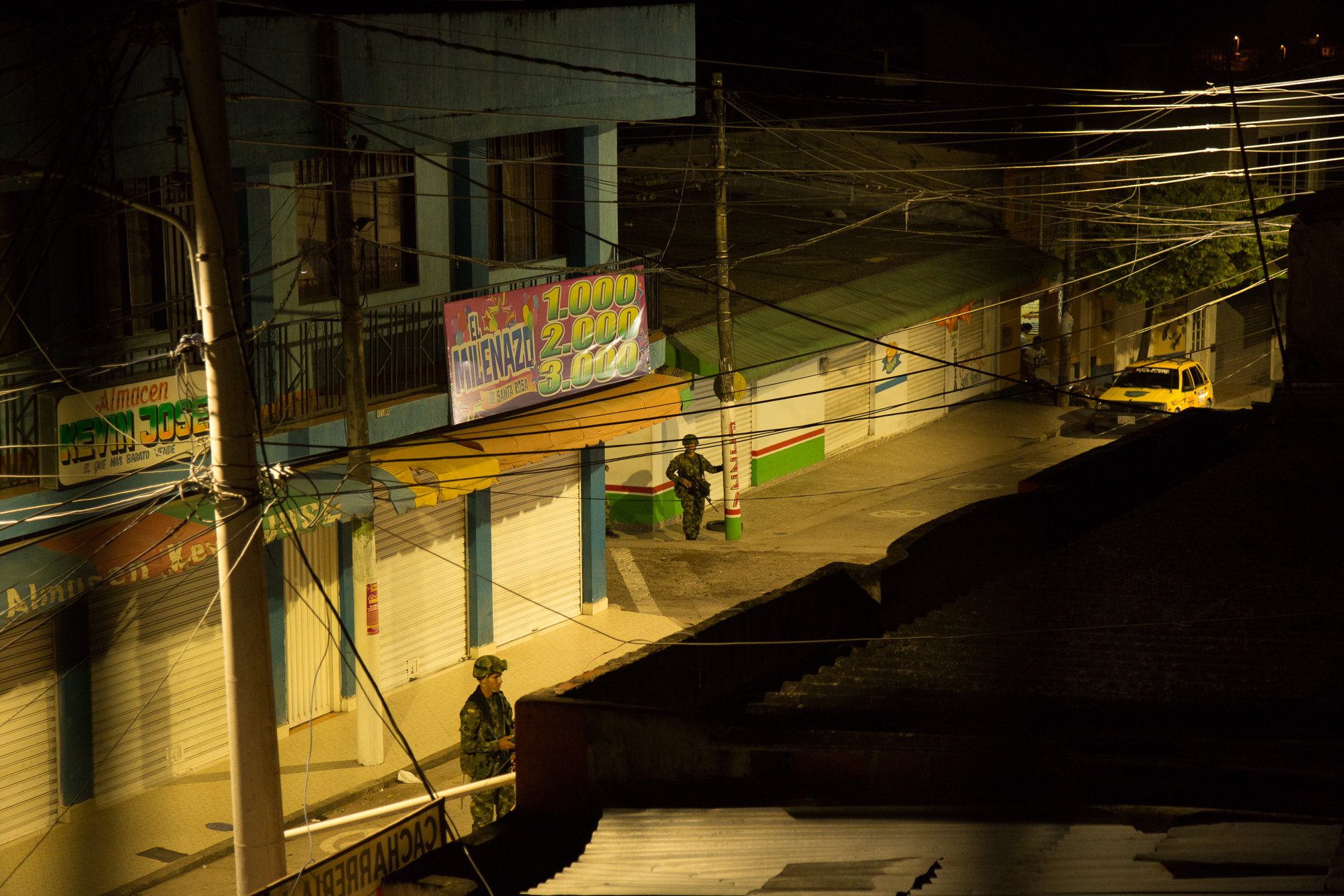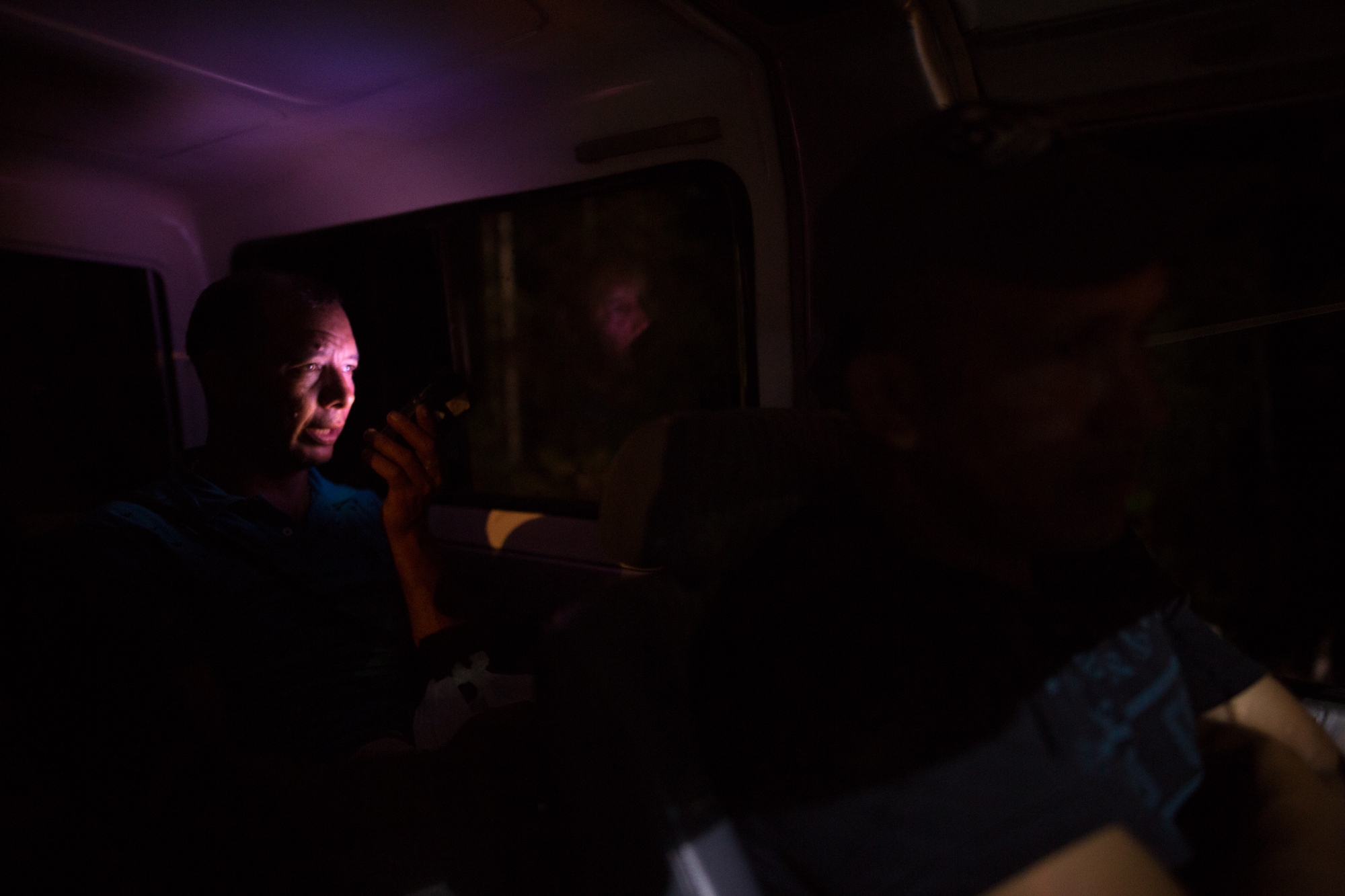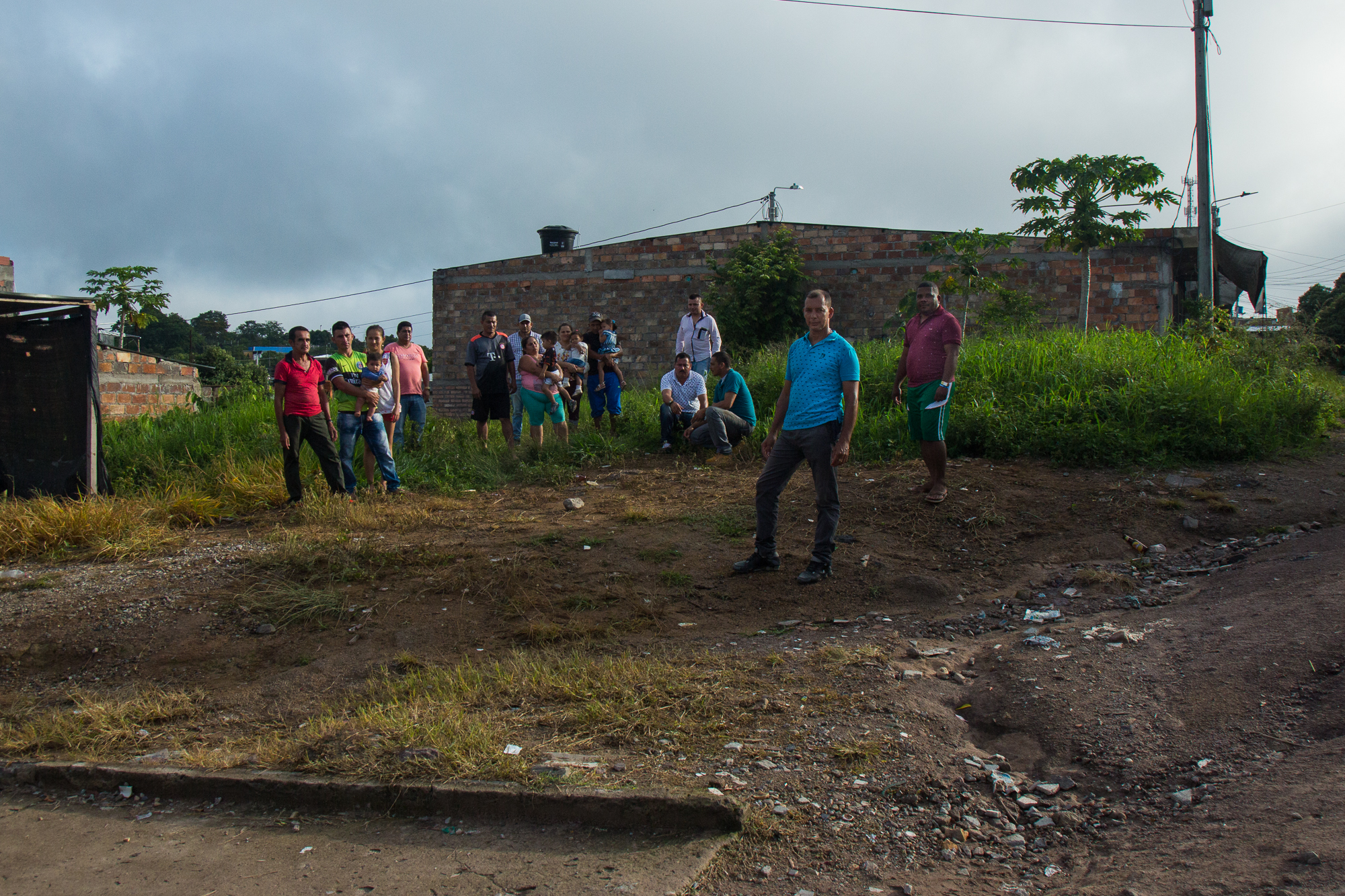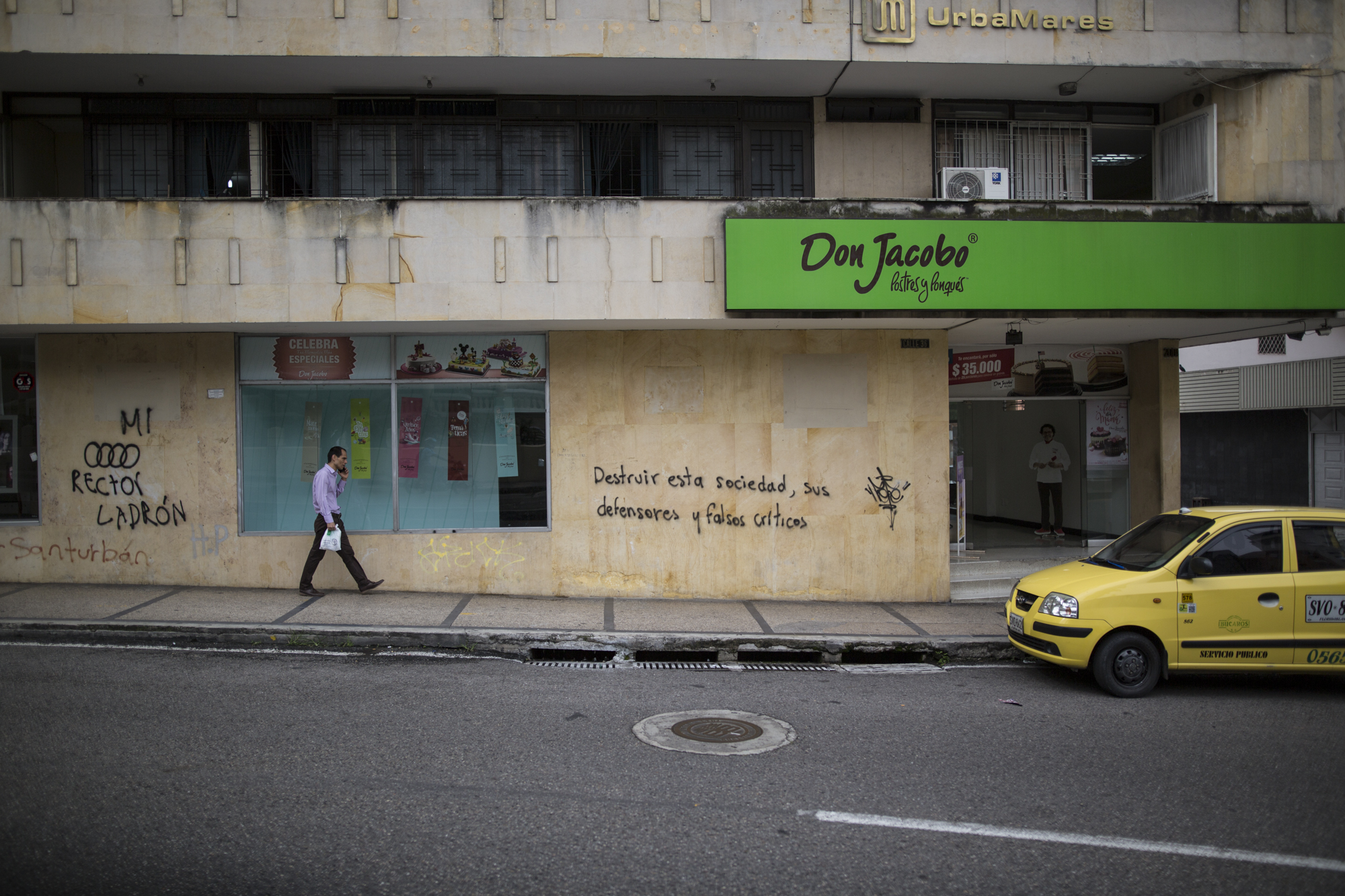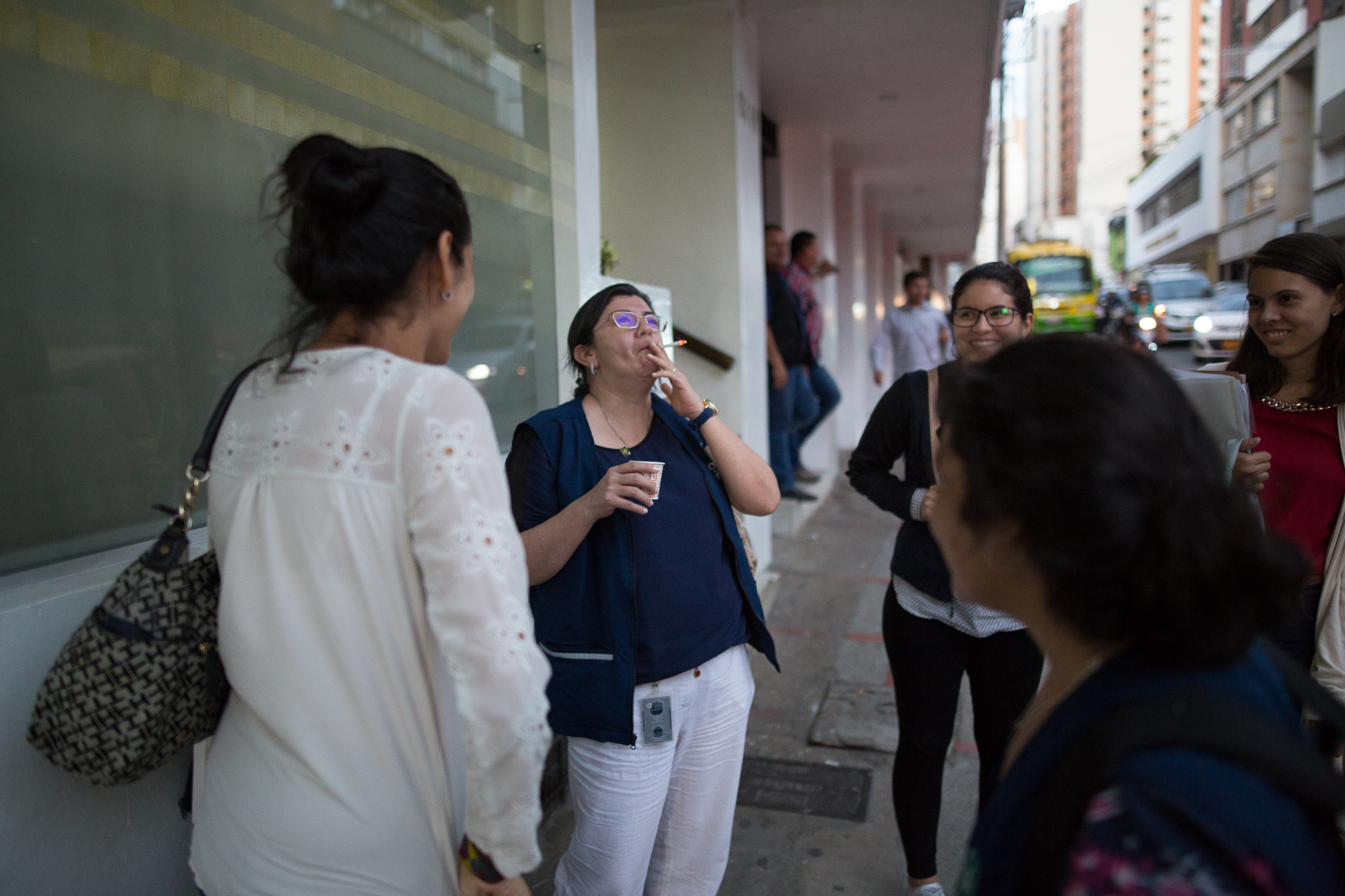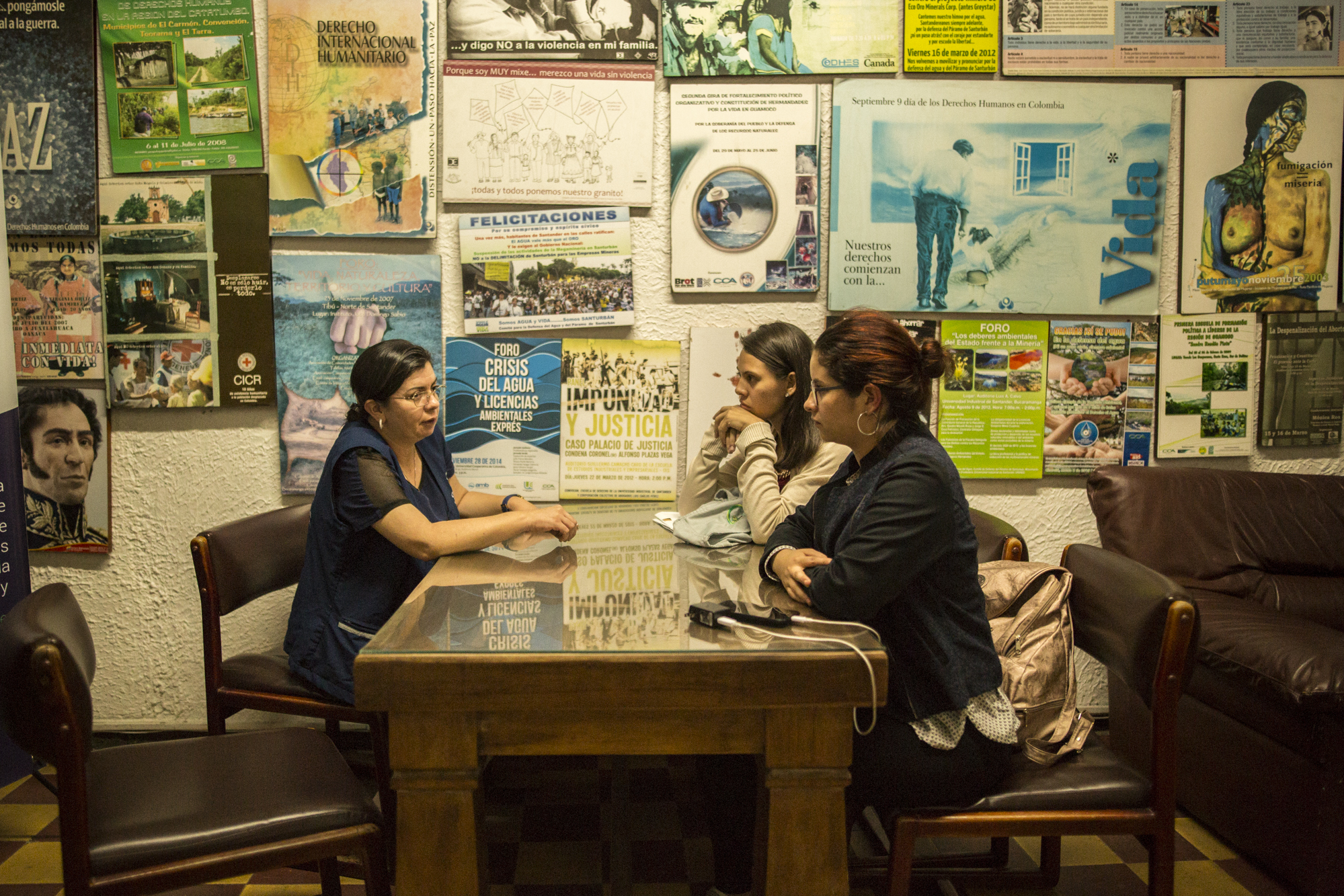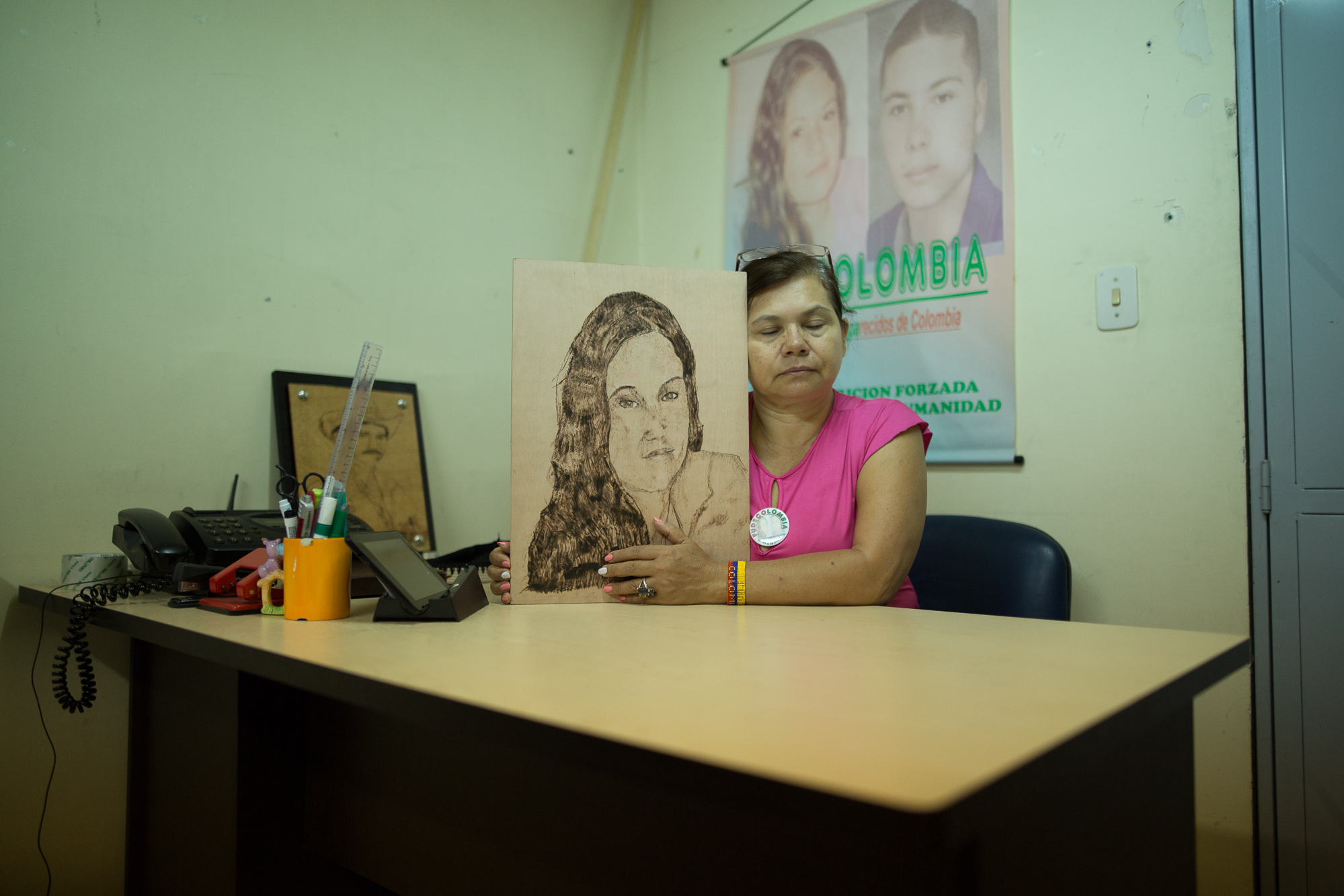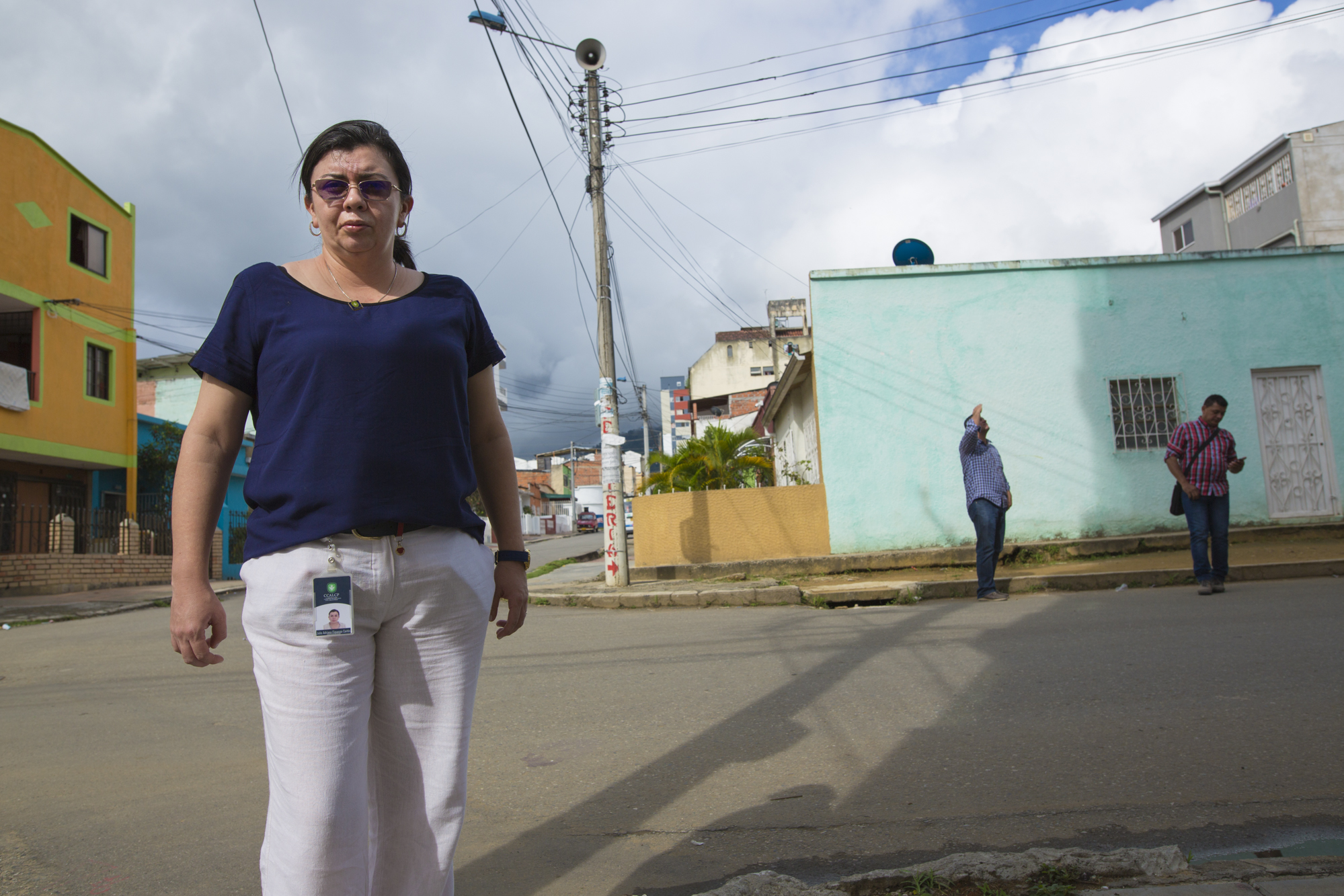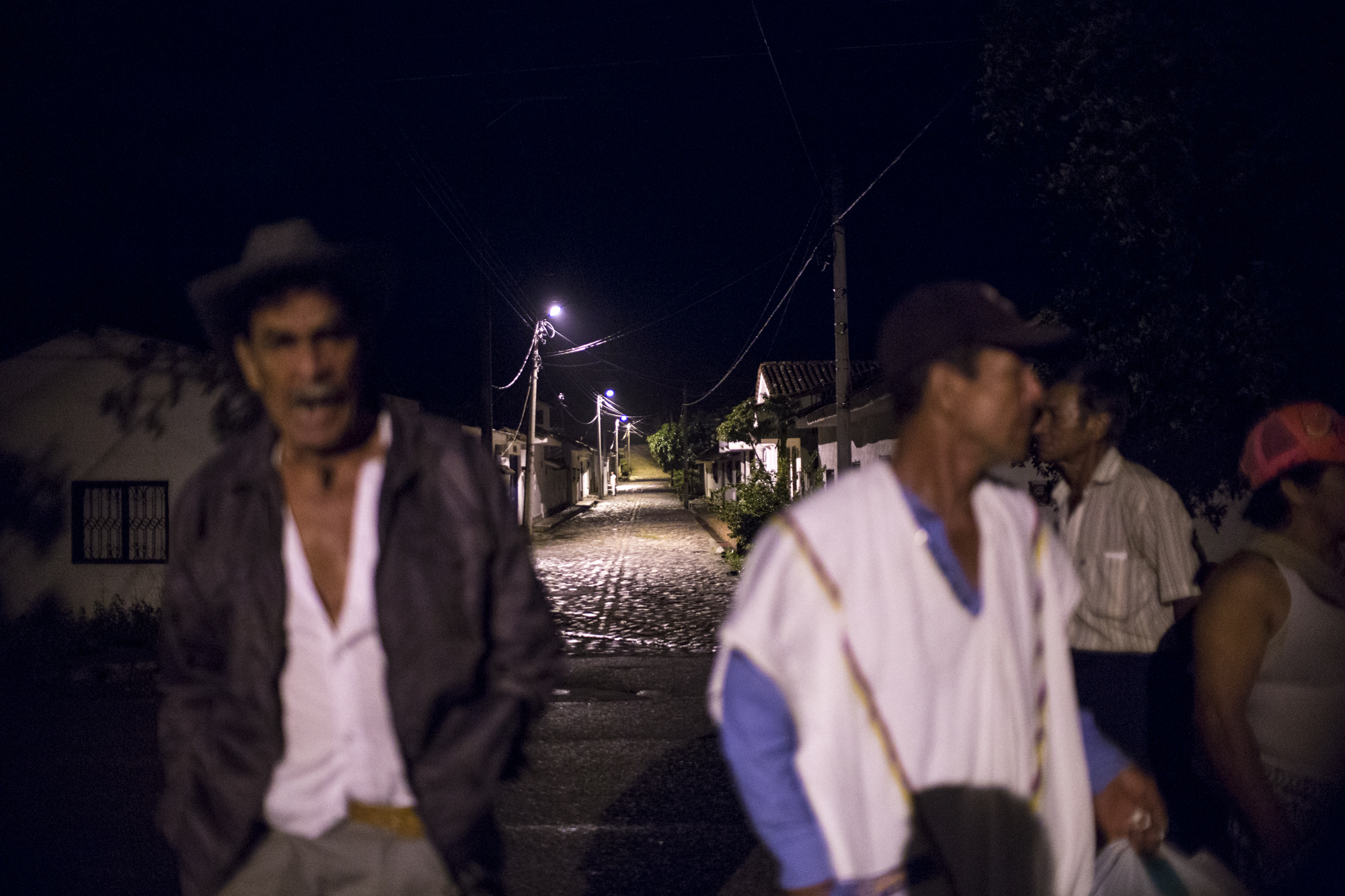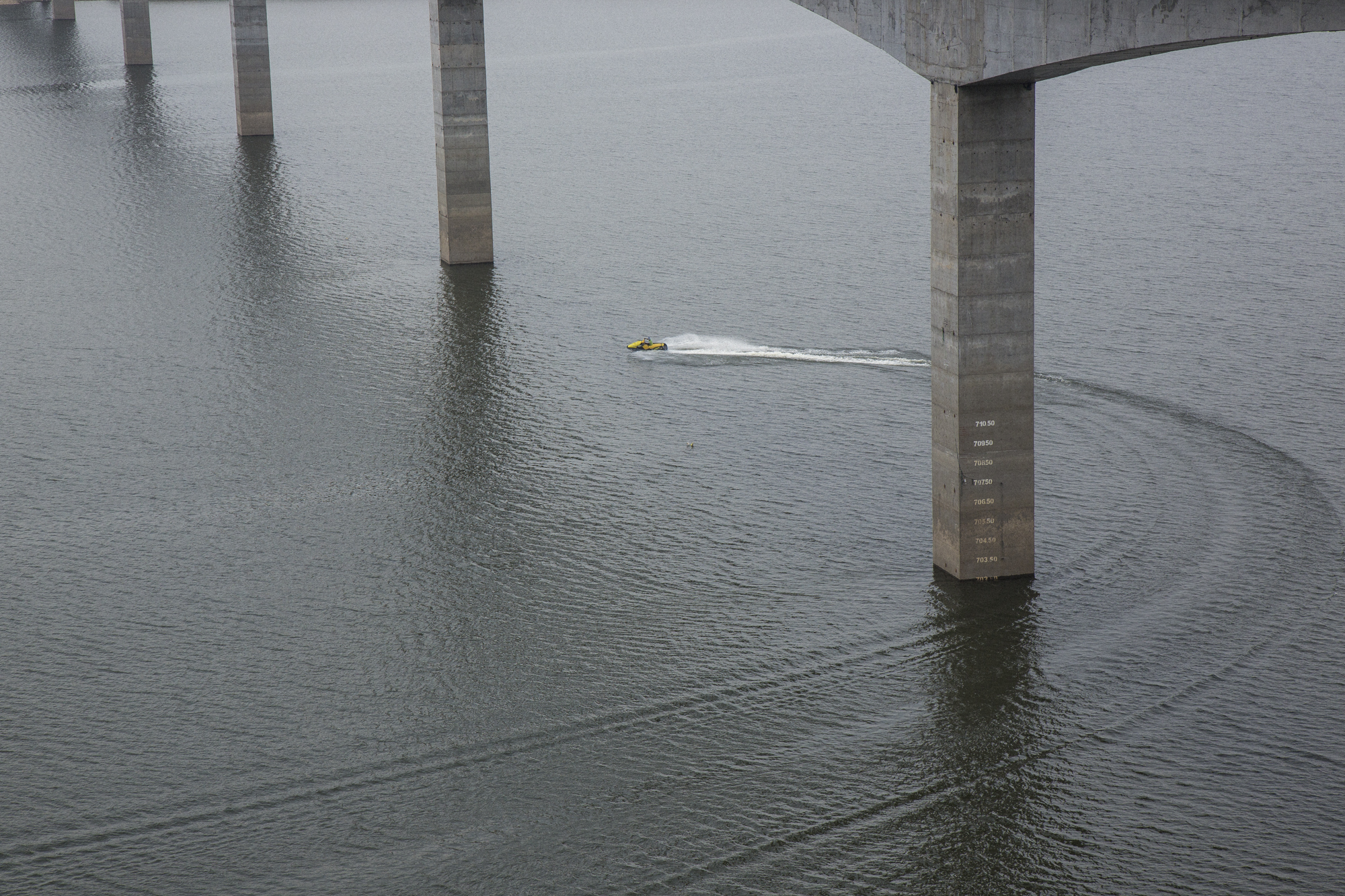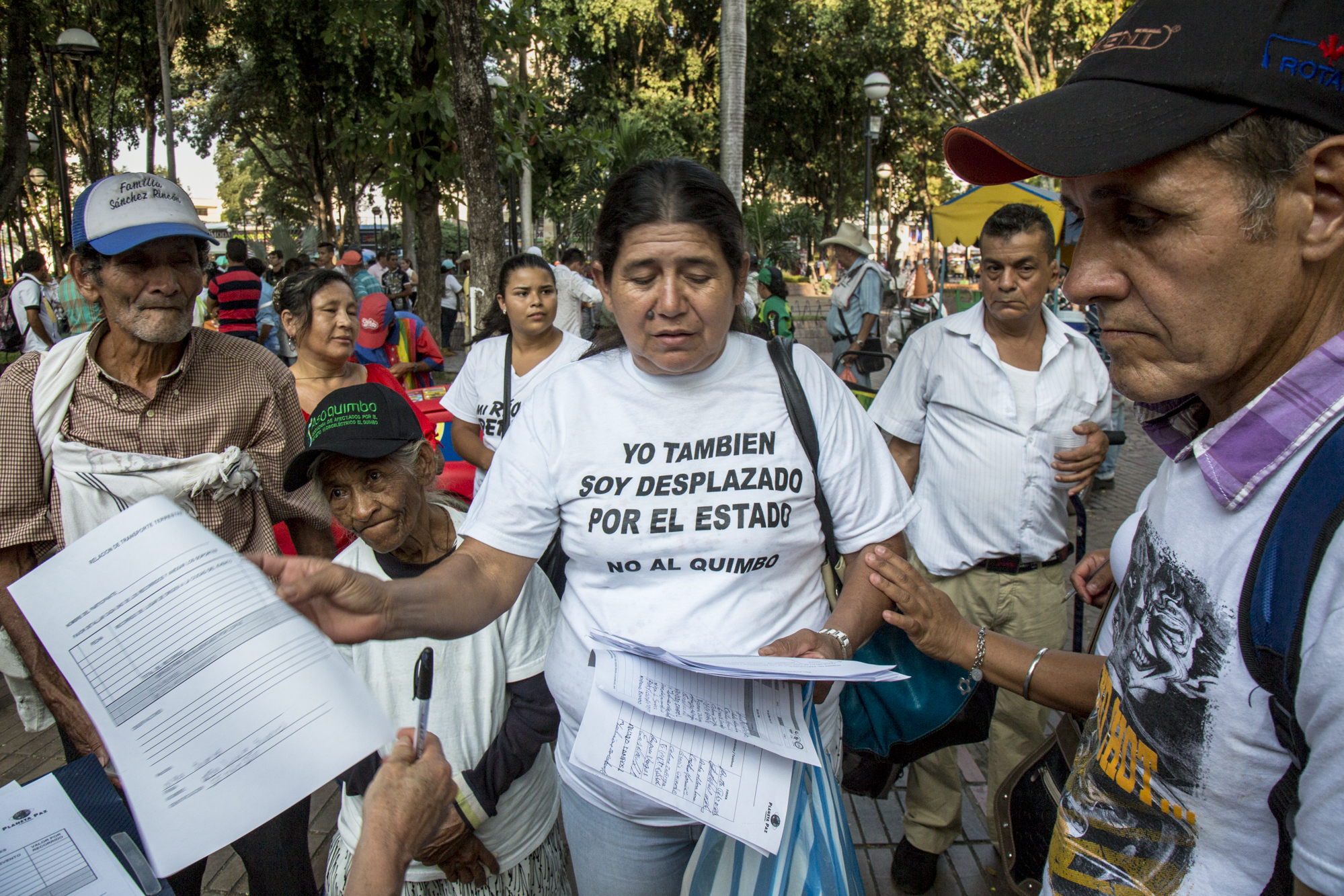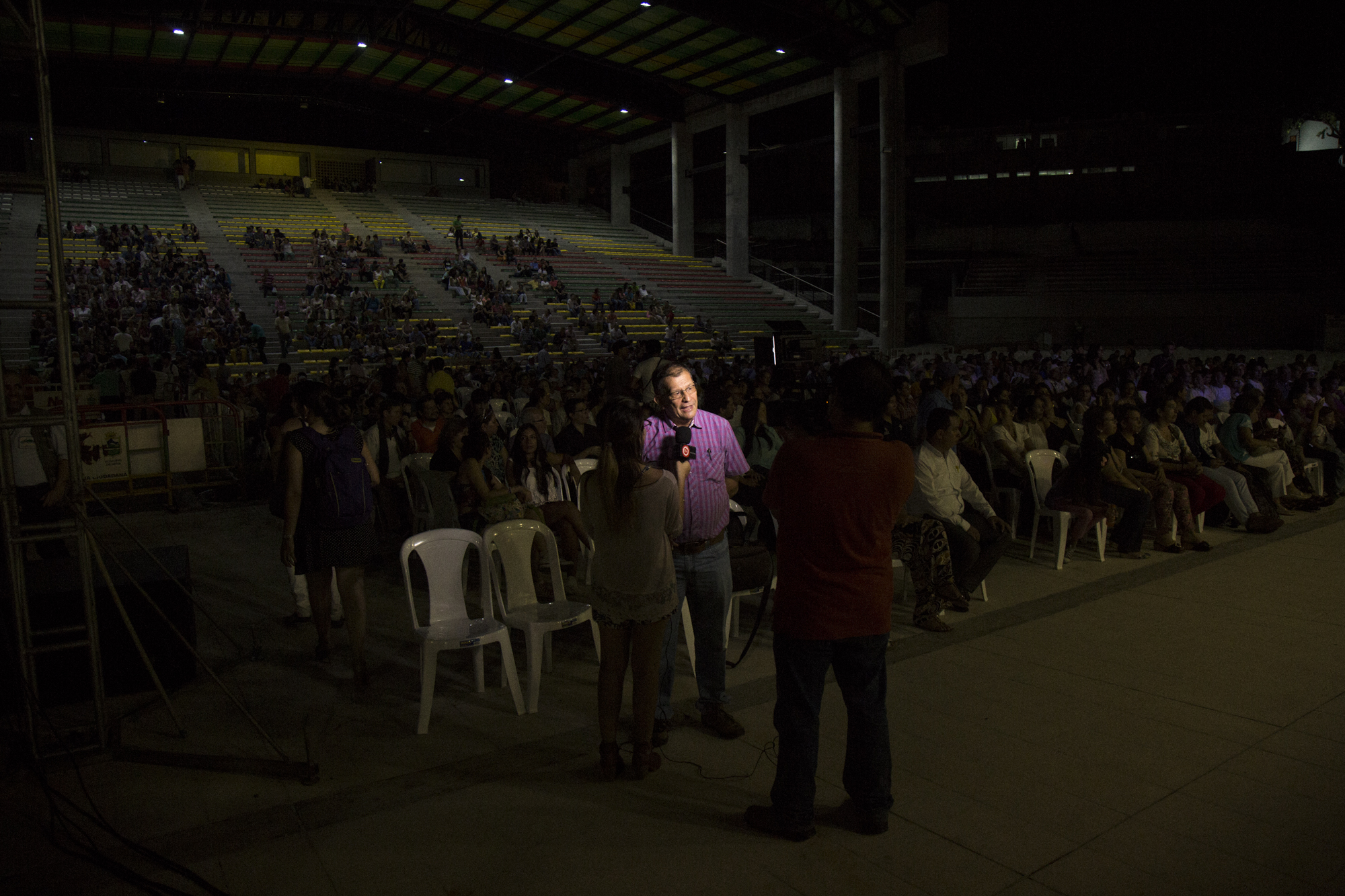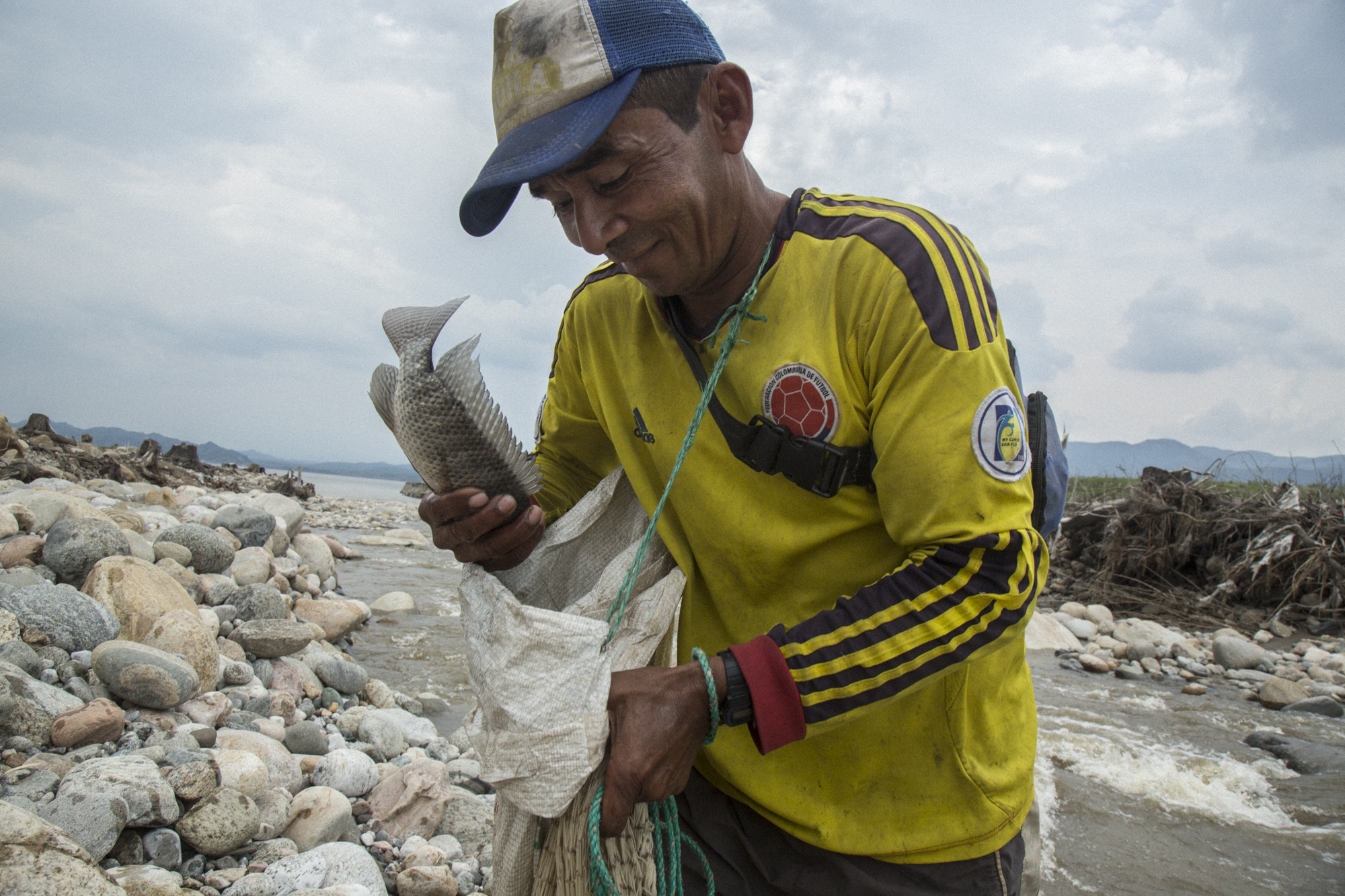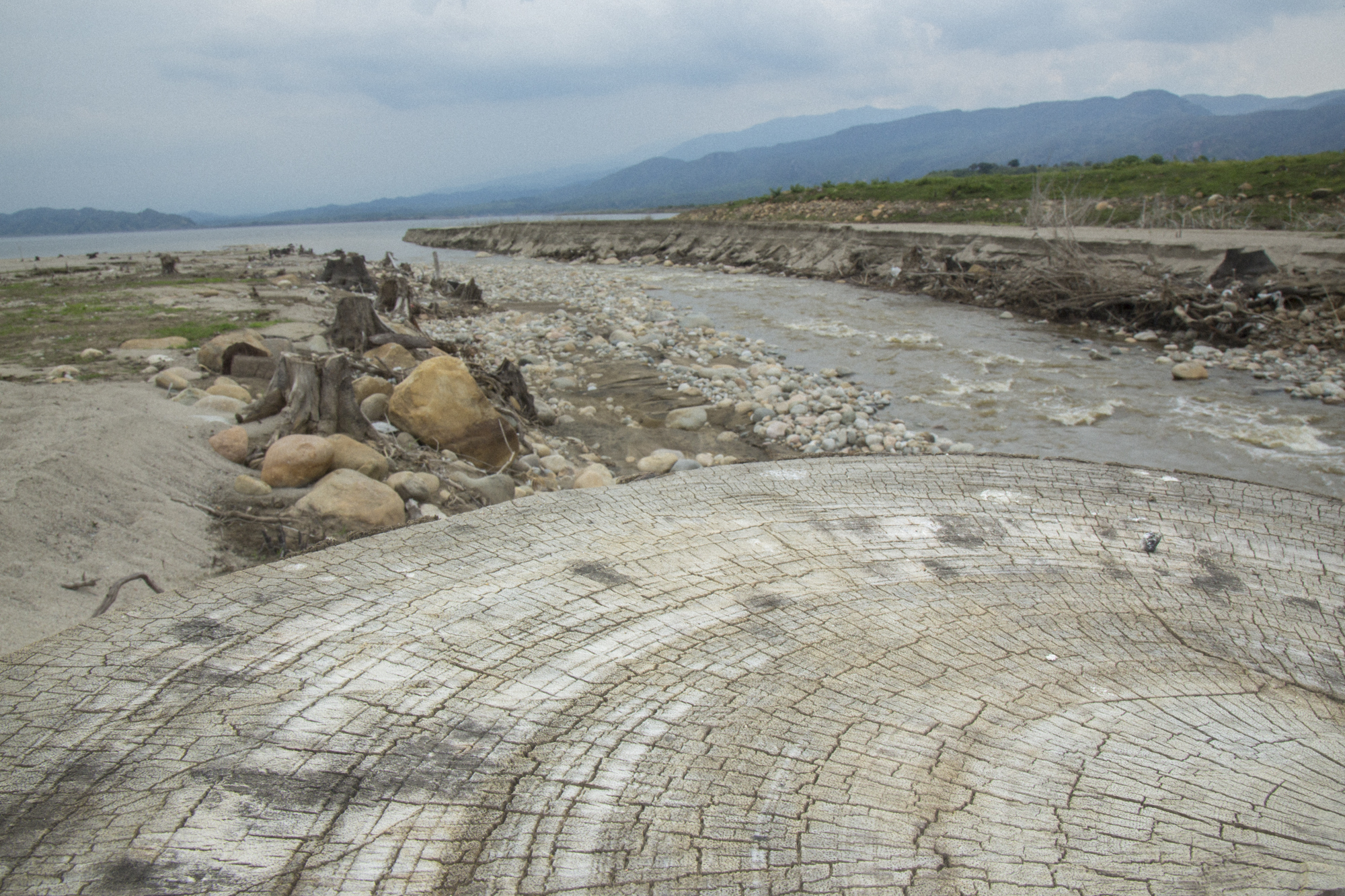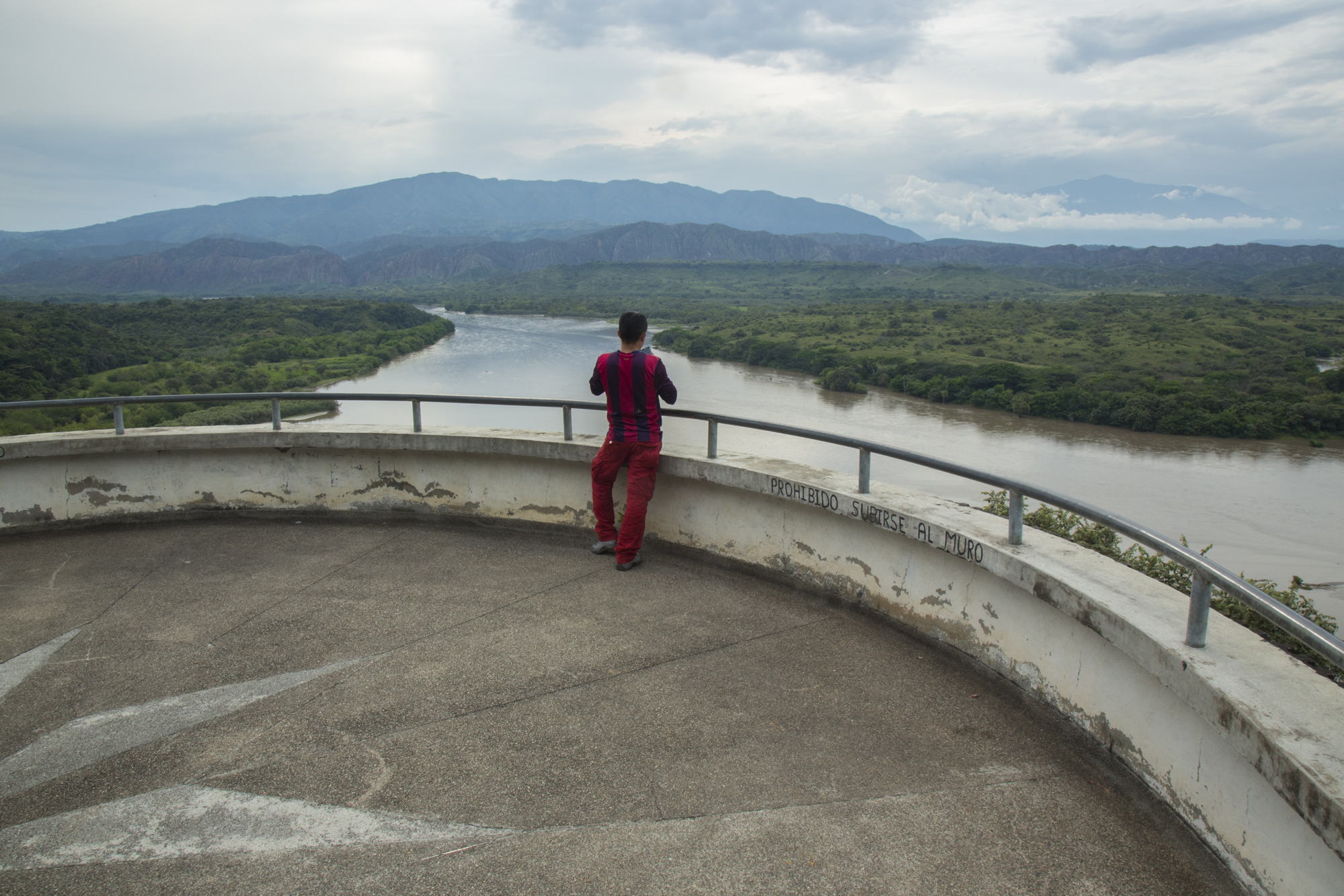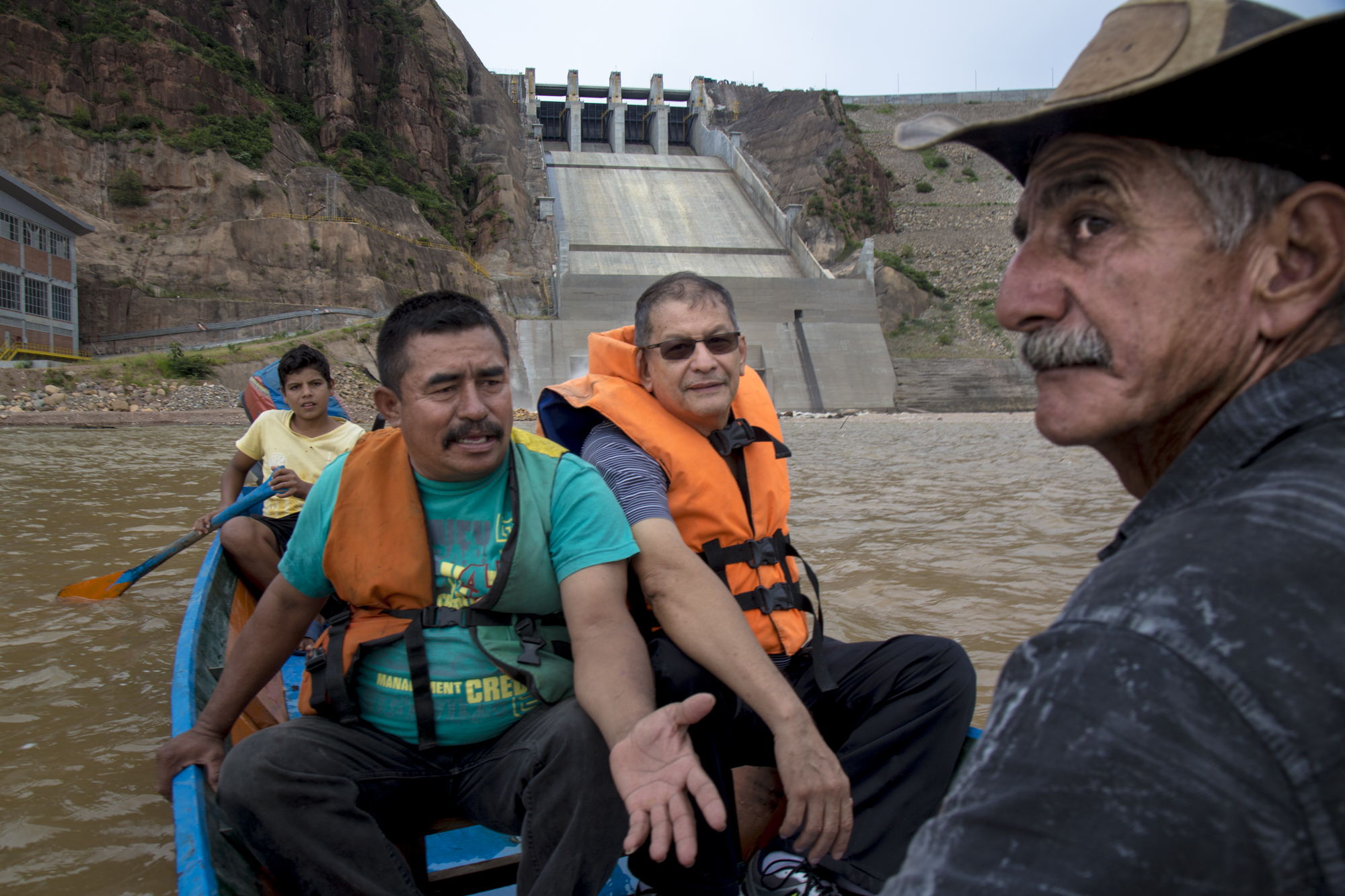DEFENDER
v. Spanish:
1. To defend, to protect, to free.
2. To maintain, preserve, sustain something against the opinion of others.
* A portrait of human rights defenders under threat for their work in Colombia.
DEFENDER is a personal effort to visualize the work of human rights defenders in Colombia who are being threatened and killed for their work. In 2016, known as "the year of peace," when the government and the FARC guerrillas signed a peace agreement ending 52 years of war, there were 78 murders documented of human rights defenders who carry out their work legally and legitimately: indigenous leaders, environmental activists, LGBTQ leaders and lawyers. By the end of 2017, there were 105 defenders killed according to a United Nations report. The rate continues at one assassination every four days.
It is paradoxical that while Colombia advances in the implementation of the Peace Agreement these aggressions continue, generating a climate of anxiety and mistrust about the possibilities of building a stable peace where conflicts are resolved by democratic means. Threats and murders are committed over territorial control, access to resources like petroleum and gold mining, investigations into war crimes like forced disappearances among others. The violence is attributed to murky neo-paramilitary groups like the so called “Aguilas Negras”, or assassins working with organized crime, but many defenders suspect security agents working for private industries, or the state security forces themselves. This is the other side of Colombia’s peace process.
Some threatened defenders have a security scheme provided by the state, but often times the security provided is not enough, and impunity is rampant. Increased visibility of their work and national attention in many cases serves as a form of protection to these leaders. My project was born out of a collaboration with CAJAR, a collective of Colombian human rights lawyers who represent defenders across the country. I am currently continuing to document defenders and the issues they stand for in other regions of Colombia.
The following series of images depict three human rights defenders in various departments of Colombia and the people and communities they work to defend.
TL
Héctor Sánchez
Community leader - Meta
“Don’t come home, they’re going to kill you.”
Héctor Sánchez uses a point and shoot camera to document blatant environmental contamination and affected living conditions due to the oil industry operating in his community. An environmental activist, union leader and president of a local community organization, he served in the military and was displaced twice by the nation’s internal conflict. Now, he’s leading the fight against Ecopetrol, the largest petroleum company in Colombia, which recently took over the Rubiales oil reserve exploration from the Canadian transnational company Pacific Rubiales.
More than half the oil produced in Colombia comes from Meta department, and more than half of that comes from the municipality of Puerto Gaitan. 83.5% of the rural population there lives below the poverty line. Pacific Rubiales invested at least USD $70 million in the Ministry of Defense between 2017-14, leading to the creation of the 15th Special Energy Battalion which provides security to the oil fields and the companies that operate them. Since the nationwide paramilitary demobilization in 2005, there has been a resurgence of “neo-paramilitary” activity in Meta conducted under the names “Bloque Libertadores de Vichada”, and the “Bloque Meta” as well as the nation wide, alleged “Aguilas Negras.” Between 2012-2015 according to official statistics, 640 people were displaced in the municipality of Puerto Gaitan, Meta.
In the course of his activism, Hector has received constant death threats in the form of pamphlets and whatsapp messages allegedly sent by the paramilitary groups. He was imprisoned for ten weeks on false charges brought against him and survived an assassination attempt while in Bogota. The last threat against him was as recent as March 25, 2017 and since December 2016, he has received state provided security measures. He also faces five open judicial processes against him, all of which were filed by companies subcontracted by Pacific Rubiales, in particular private security companies.
Julia Figueroa
Human rights lawyer - Santander
“Leftist, radical women of strong character.” - DAS intelligence report, 2005
Julia Figueroa founded the all female lawyer collective Cccalp (El Colectivo de Abogados Luis Carlos Pérez) in Bucaramanga, Santander department in order to “fight against impunity and defend the territory.” This work entails accompanying mothers of “false positive” victims in their legal proceedings, particularly those from the Ocaña municipality. Cccalp documented 65 cases of “false positive” extra judicial killings of 79 people by the Colombian military and is currently accompanying 6 legal cases. Furthermore, the legal collective represents a community gold mining cooperative under the threat of displacement to cede mineral rights to a transnational company in a zone which has never been under the control of the Colombian state, but rather various guerrilla and paramilitary groups.
Since forming Cccalp, Julia and her team have faced threats via telephone and letters, bomb threats to the office, accusations of supporting Farc guerrillas, information theft from the office and electrical interference of office systems attributed to the now defunct Colombian State security apparatus, DAS.
While she has been assigned state provided security in the form of a bullet proof SUV and vest as well as two full time bodyguards, she fears for her personal safety and of her team of lawyers in the streets of Bucaramanga. Three times she has been openly followed as an intimidation tactic while walking only blocks from her office, and she worries that her security detail may betray her for her work that is considered my many with ties to the military and paramilitary organizations as “leftist.”
Miller Dussan
Professor / community organizer - Huila
“Rivers for life, not for death.”
8,586 hectares of land apt for cultivating cacao, tobacco, corn, beans, plantains, coffee and papaya lie beneath the placid tank of water held in by the Quimbo dam, restricting it from flowing into the Magdalena River. The roughly 30,000 farmers who worked those lands had to evacuate and find new homes with the final completion of the mega project in 2015 by Italian owned company Enel and its Colombian subsidiary Emgesa.
For Miller Dussan, a professor and researcher at the University of Neiva in the capital of Huila department, that didn’t sit well. He left his family’s farm at the age of 11 to begin working to support his family and “has been fighting ever since.” With degrees in education from the University of Barcelona and a masters in Social and Educational Development, he formed the Association of people affected by the hydroelectric project El Quimbo (Asoquimbo) along with the communities affected and displaced by the construction of the dam. Asoquimbo, made up of some 3,000 farmers, fishermen and artisanal miners claims their livelihoods were destroyed along with some of the most productive and peaceful agricultural lands in Colombia, while the dam is generating energy for other extractive industries rather than serving the local population.
As figurehead of the Asoquimbo resistance group, Miller has become a target of multiple legal proceedings brought against him directly by Enel-Emgesa as well a the Colombian military. Charges of “obstructing public roads affecting public order” and “land invasion” carried sentences of up to twelve years in prison. While charges have always been dropped upon lack of substantiating evidence upon launching his own investigations, this tactic serves to inhibit his work by discrediting him and the movement and putting emotional, psychological and financial pressure on his family. The intended result of these attacks is to limit the democratic process of communities intending to subject companies to public scrutiny for the construction of mega projects.

